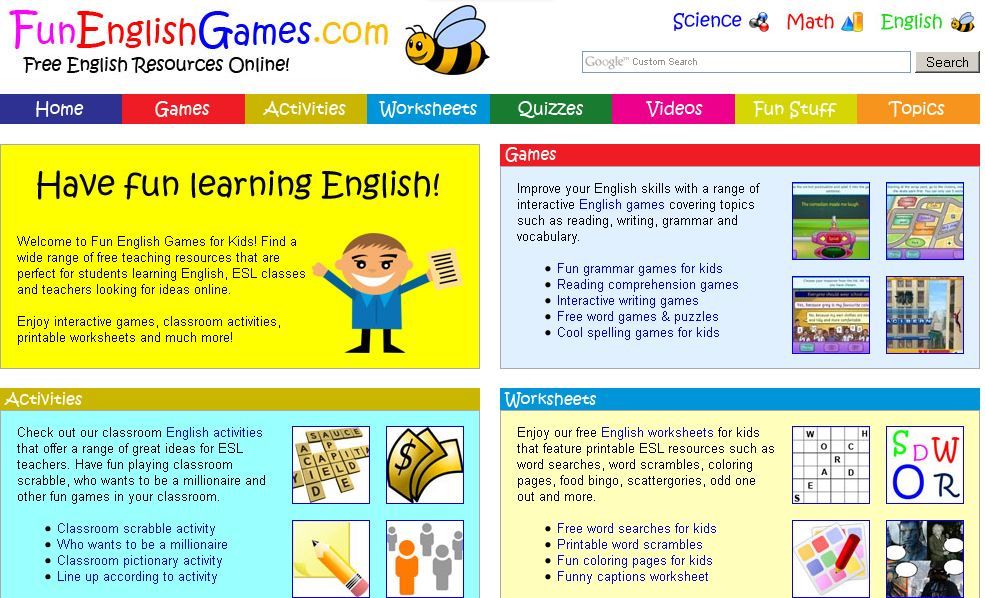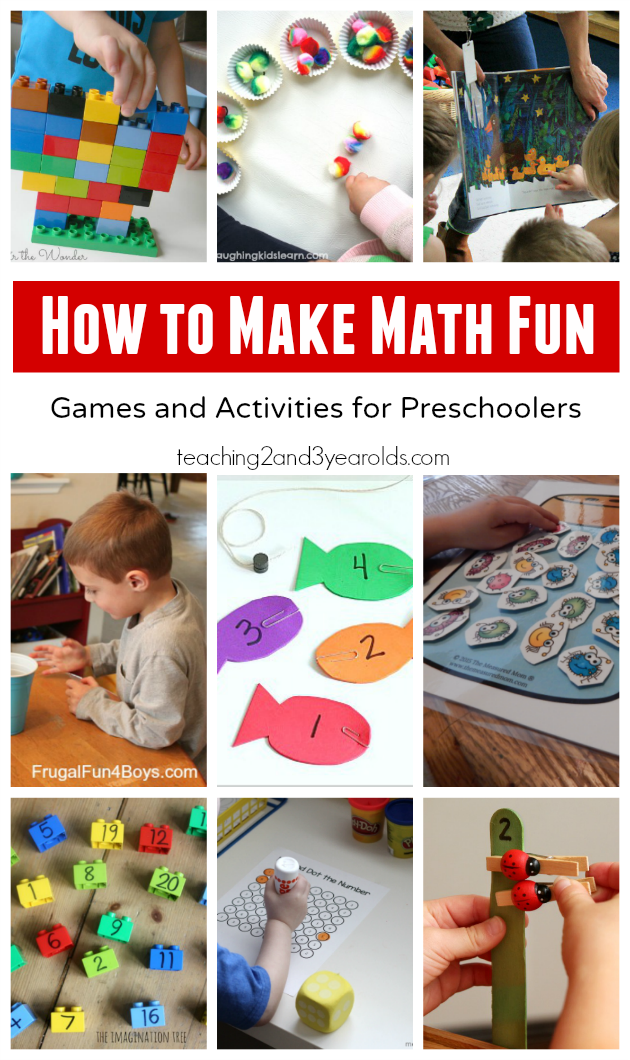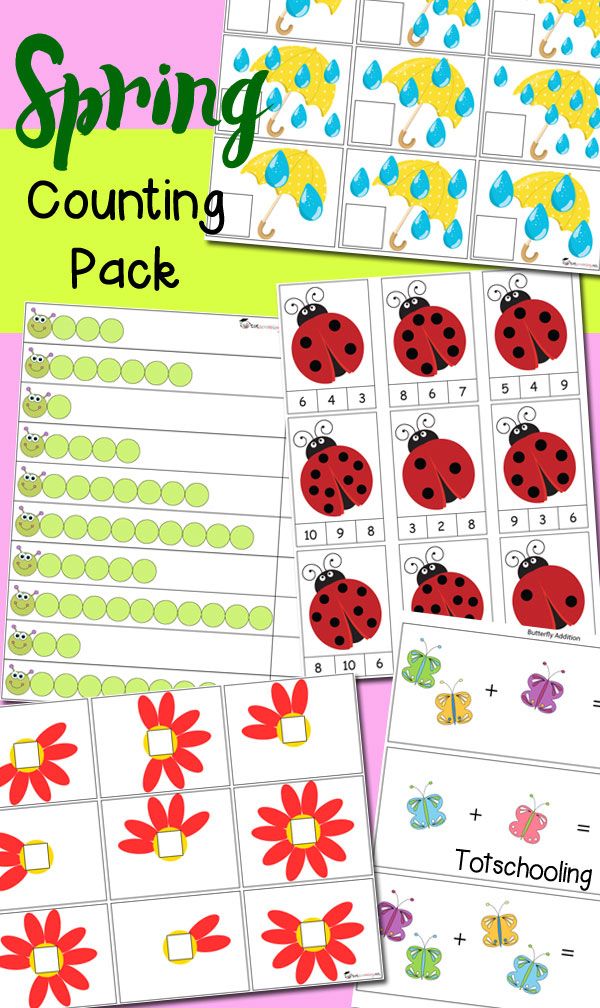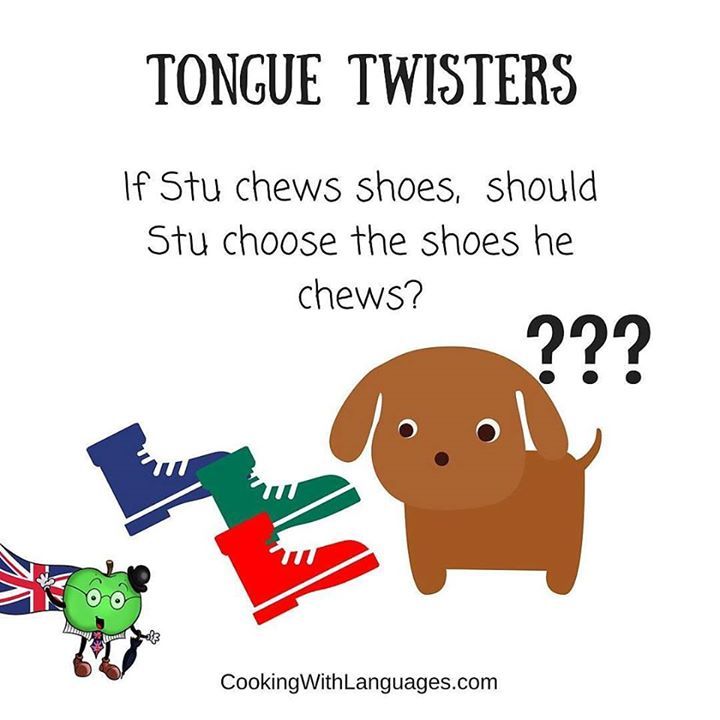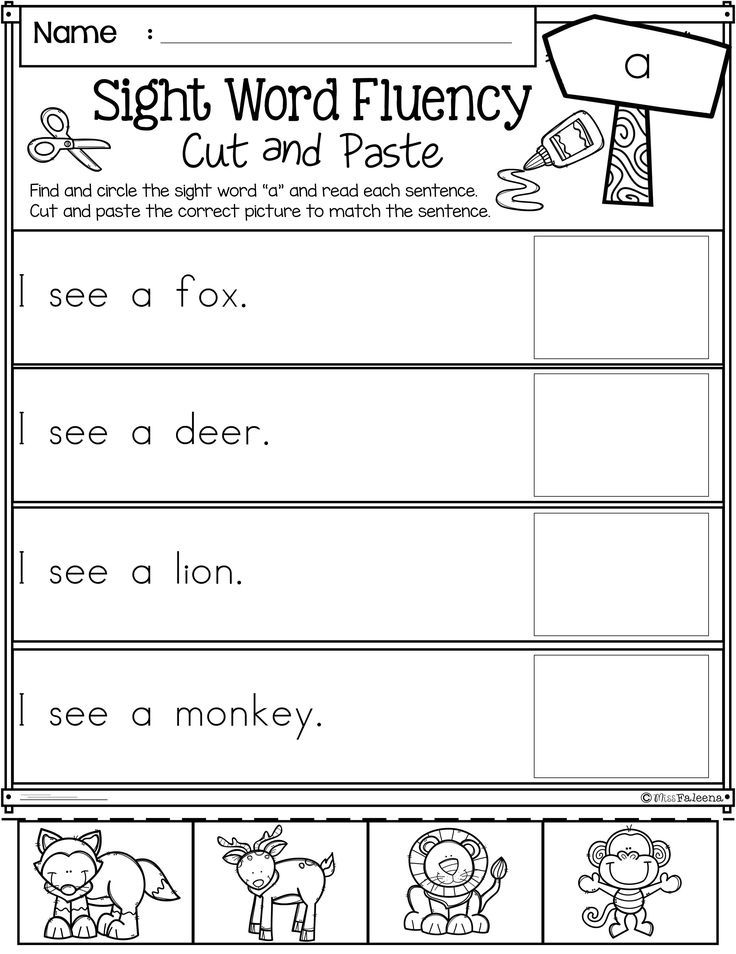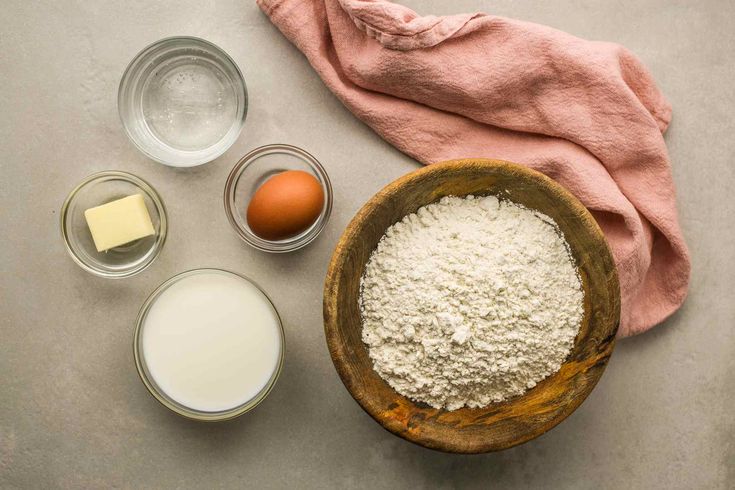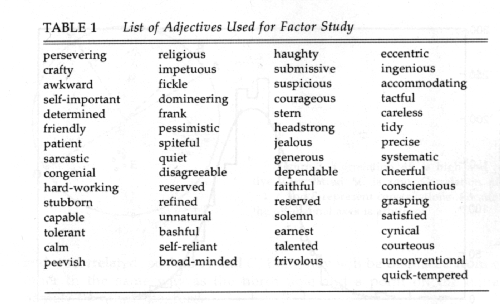What is a compound word example
Compound Words: Everything You Need to Know
The words pancake, living room, and merry-go-round have something in common.
They are all examples of compound words.
The noun compound means something made up of two or more separate components. Compound can also be an adjective meaning consisting of two or more parts or components.
A compound word is one word, or one unit of meaning, that is created by joining two or more separate words together.
What Are Compound Words?
A compound word is a word made up of usually two but sometimes more words that are joined together. The two (or more) that make the compound word are independent words; they have their own distinct meanings. When those words are joined and form a compound word, that compound word has its own new meaning.
The Three Types of Compound Words
Compound words can take three possible forms: closed, open, or hyphenated. In closed form, there is no space between the joined words. In open form, there is a space between the “joined” words that still act as one unit, and in hyphenated form—you guessed it! There is a hyphen between the joined words.
These general “rules”—which are somewhat fluid and flexible—provide guidance as to what format a compound word takes.
Closed compound words are usually nouns: They put on makeup.
Open compound words are usually nouns or verbs: I have to make up (verb) that exam at my high school. (noun)
Hyphenated compound words are usually adjectives or adverb-adjective combinations: I have to take a make-up (adjective) exam. I will be well-prepared. (adverb + adjective)
The key word in each of those examples is “usually.” Some compound words break the rules.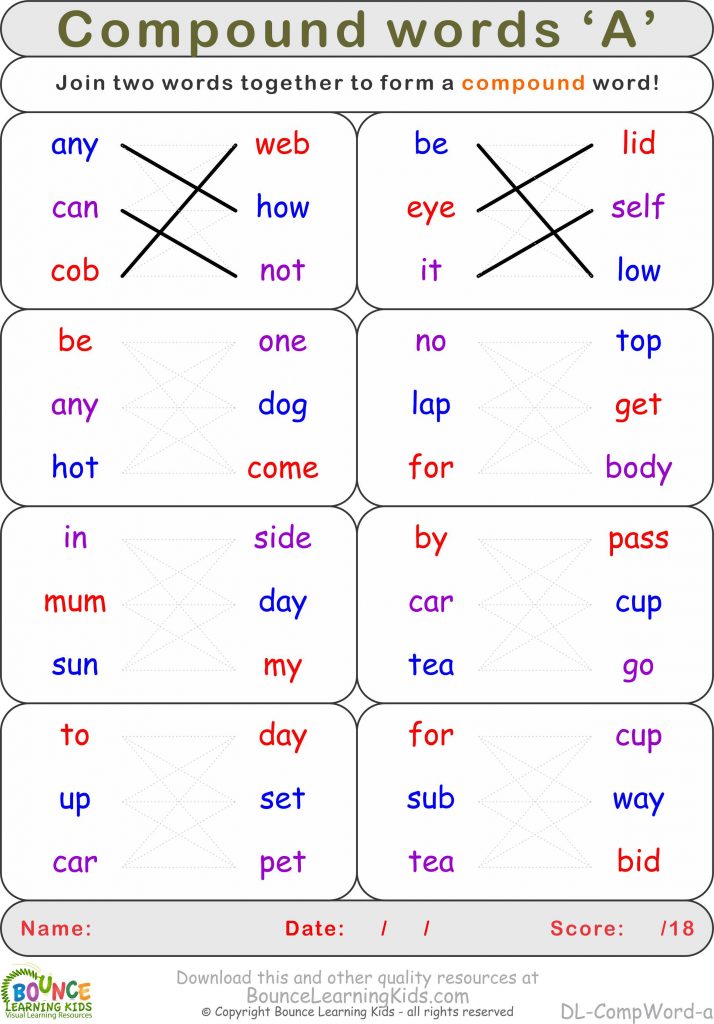 We'll see how soon.
We'll see how soon.
1. Closed Compound Words
To review: closed compound words are usually made up of two separate words that are put together to form a new word. There is no space between the two words in a closed-form compound word; the compound appears as one single word.
Examples of Closed Compound Words
Cup + cake becomes cupcake
Basket + ball becomes basketball
Key + board becomes keyboard
Extra + ordinary becomes extraordinary
Birth + day becomes birthday
You can see through these examples that the meaning of the compound word is not just a merger of the independent definitions of the individual words that join together to make that compound.
However, there is a relationship between the individual word meanings and the compounds. Compound words have been integrated into language as speakers have discovered those relationships.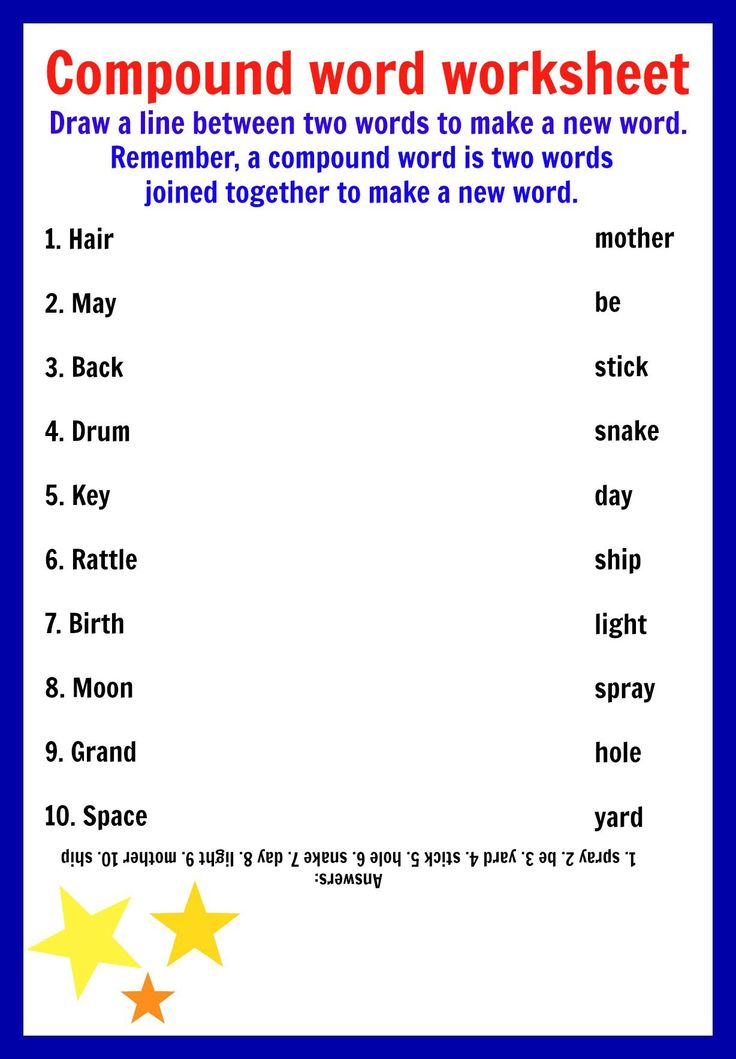 It makes perfect sense to call a cake that could fit into a cup a cupcake and to call a ball thrown through a basket (now a hoop) a basketball.
It makes perfect sense to call a cake that could fit into a cup a cupcake and to call a ball thrown through a basket (now a hoop) a basketball.
The rules for compound words, listed earlier in the post, include the word usually. That word means the rules are not hard and fast, and there are examples of compound words that break those rules.
For example, compound words that are verbs are usually open form, but here are rule-breaking closed-form compound verbs that remind us to hold those rules loosely:
I need to proofread my essay.
I think the clerk shortchanged me.
I have to babysit my little sister.
2. Open Compound Words
In an open compound word, there is a space between the two independent words, though they are still treated as one unit with a new “compound meaning.”
Examples of Open Compound Words
Living room: as a unit, this compound noun refers to a room in a house.

High school: as a unit, this compound noun refers to a school that has students in grades 9-12.
Post office: as a unit, this compound refers to a building where mail is collected, sorted, and sent.
Give up: as a unit, this compound verb means to stop trying.
Ask for: as a unit, this compound verb means to request something.
3. Hyphenated Compound Words
Hyphenated compound words have hyphens between each of the independent words that serve as connectors. The hyphens are a visual cue that the words form one unit.
Some compound words are always hyphenated.
Did you notice that all of those examples are nouns? Remember: the rules are flexible!
Examples of Hyphenated Compound Adjectives:
When compound words are used as adjectives (officially known as compound adjectives), the hyphenation rules change depending on where the compound adjective comes in the sentences.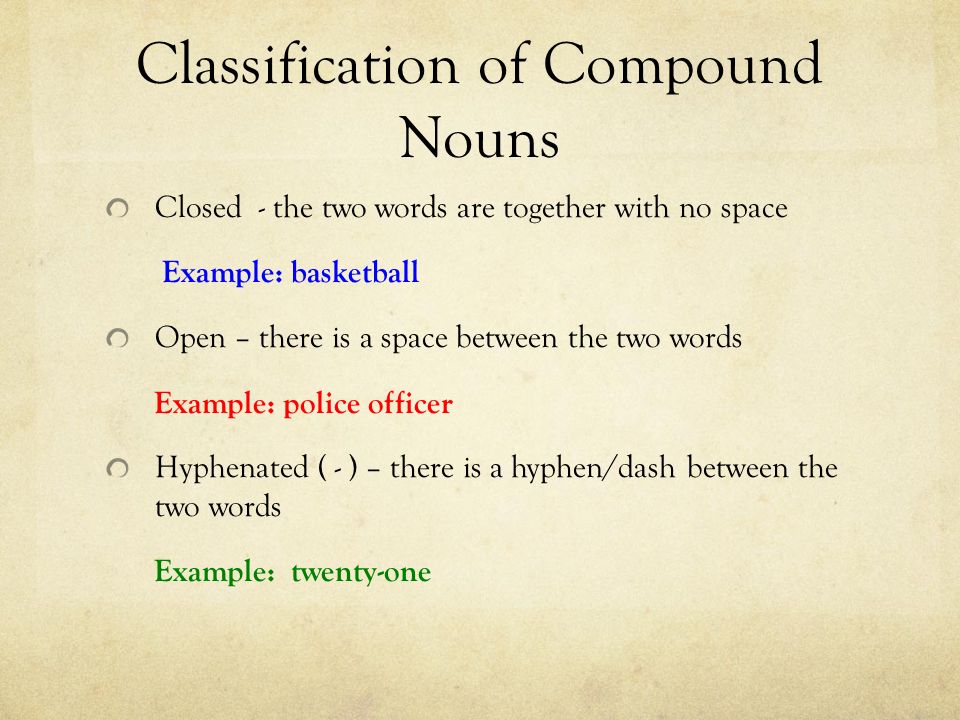
If the compound adjective comes before the noun it modifies (describes), you should usually add a hyphen:
Of course, there are exceptions. Remember, those “rules” are flexible. Some compound adjectives that precede the nouns they modify never take a hyphen. For example, ice cream and high school:
- High school students
- Ice cream sundae
There’s really no “why” to explain these exceptions; we’ve just adopted these forms and made them part of our language.
Examples of Open-Form Compound Adjectives
If the compound adjective comes after the noun it modifies, the hyphen is usually omitted.
Make sure the files are up to date. “Up to date” modifies, but comes after, the noun “files.”
The cat is two years old. “Two years old” modifies, but comes after, the noun “cat.”
Though post-noun modifiers don’t technically take hyphens, according to Merriam-Webster, usage trends indicate the hyphens are often included anyway, if the compounds “continue to function as unit modifiers.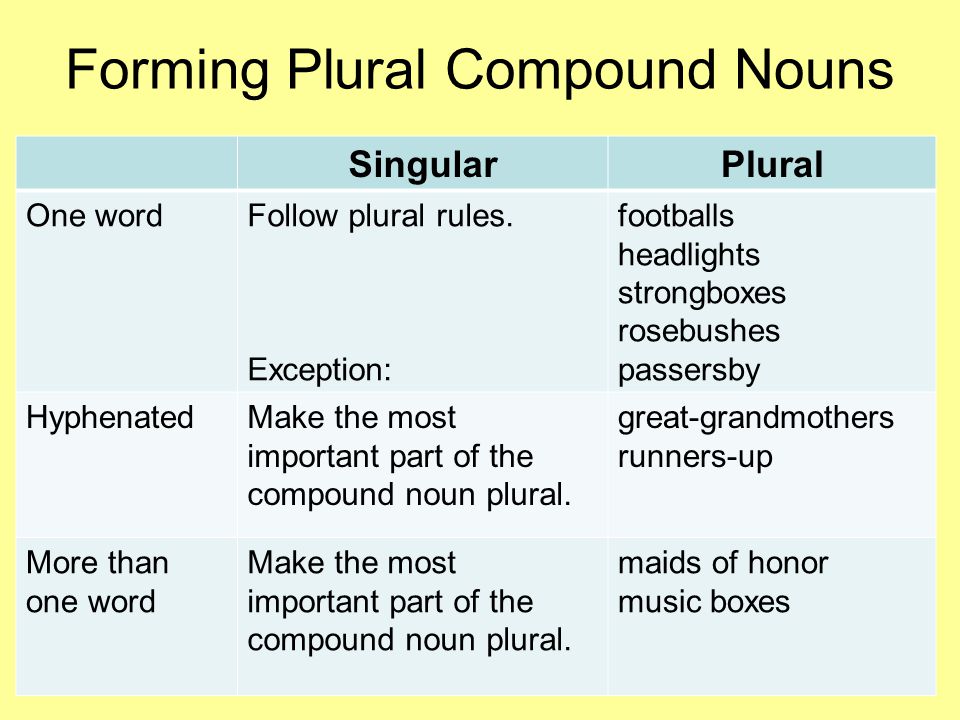 ” So there’s that flexibility again.
” So there’s that flexibility again.
A grammar guru, style editor, and writing mentor in one package.
Try it for free!What About Adverb Compounds?
It’s easy to find examples of closed, open, and hyphenated adverbs.
As for the closed-form examples, we probably don’t even register them as compound words much of the time.
Sometimes
Thereafter
Somewhere
Open-form adverbs occur when the adverb is the first word in the compound and ends in -ly. You should not hyphenate after an -ly adverb.
We made the discovery early on.
Her opinion is highly regarded.
They entered the dimly lit room.
What to Do If You’re Not Sure Which Form Is Right
While those flexible rules can help you, there may still be times when you feel confused about which compound form to use.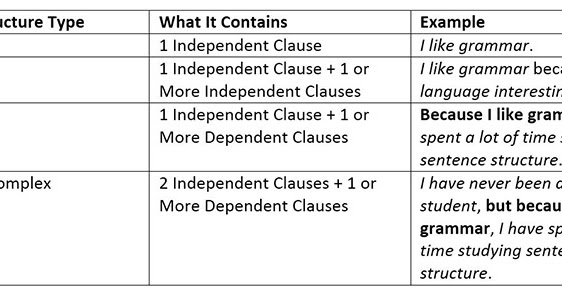 Don’t stress too much.
Don’t stress too much.
According to Merriam Webster, the rules are more like patterns. You may see differences in different publications depending on editorial choice and style. For example, I looked on Amazon for a teapot. I saw mostly teapots, but also a few tea pots. Out of curiosity I put “tea pot” into a New York Times search bar, and found articles from the 1800s that included “tea-pot” in the title!
While interesting, those stylistic changes and choices shouldn’t be too surprising. Language is fluid and ever-evolving. Compound words themselves are proof of that evolution.
Keep Clarity the Focus
The purpose of hyphens in compound words is to ensure clarity. For example,
In the first example, I know by the hyphen that the medicine "I" bought did not require a prescription. "Over-the-counter" is one unit—one compound—describing a type of medicine.
In the second example, "over the counter" is serving another purpose and, while the words form a phrase to tell me where "he" passed the medicine, hyphens do nothing to make the purpose of the phrase clear and are therefore unnecessary.
Now look at these examples:
- He owned a little-used car.
- He owned a little used car.
In the first example, I know the man owns a car that has not been driven much. The car is described by the compound modifier "little-used."
In the second example, it seems that the man owns a used car that is also small, or little. In this example, putting a comma after "little" would help to separate the two words, "little" and "used," and show that they aren't intended to work as a compound.
ProWritingAid Can Help
Though you’re a compound-word expert now, if you find yourself with lingering doubts, remember that ProWritingAid is here to help. It will let you know if you’ve added an unnecessary hyphen after an -ly adverb, or if you’ve left one out of a pre-noun compound adjective. You don’t have to write alone!
Take your writing to the next level:
20 Editing Tips from Professional Writers
Whether you are writing a novel, essay, article, or email, good writing is an essential part of communicating your ideas.

This guide contains the 20 most important writing tips and techniques from a wide range of professional writers.
150 Examples of Compound Words for Kids – TurtleDiary.com
Compound words are formed when two or more words are joined together to create a new word that has an entirely new meaning.
Click here for Compound Words Games, Videos, Quizzes, Worksheets and Lessons.
For example, “sun” and “flower” are two different words, but when fused together, they form another word, Sunflower. These words are formed by either adding a hyphen or just using the two words as a single term. The spelling of the two words is not necessarily changed when they are joined together, but the definition becomes unique.
Consider the words “make up” and “makeup”. This is a more advanced example of a compound word because the resulting combination is a homonym and can be used in more than one way.
Make up your mind fast.
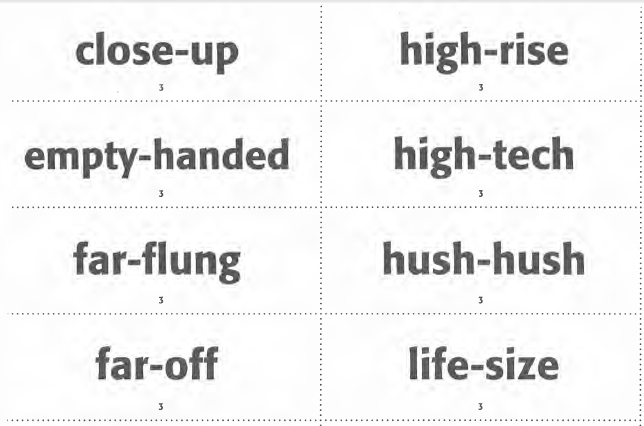
My makeup was ruined by the rain!
I have a makeup exam tomorrow.
In the first sentence, make up is a verb. In the second sentence, makeup is used as a noun. In the third sentence, we see makeup as an adjective describing “exam.”
Types of Compound Words
There are three types of compound words;
- Closed Compound words: These words are written as a single word, such as haircut, newspaper, grandmother, etc.
- Open Compounds: Compound words that are written as separate words such as high school, living room, school bus, etc.
- Hyphenated Compounds: Words that use a hyphen in between two words, such as well-known, second-rate, merry-go-round, etc.
Fun ways to teach Compound Words
Every child has a different way of learning. What works for one may not work for another so we have created these fun ways to teach your kid compound words.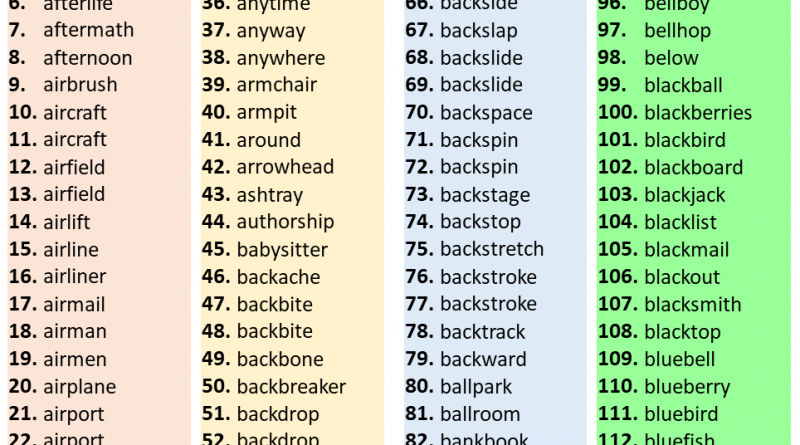 Choose the best activity that tailors to your kid’s learning style.
Choose the best activity that tailors to your kid’s learning style.
- Visual learning style – Prepare flashcards, half with words and half with pictures. Have your child lay them out in grid style and flip two cards over at a time. The goal is to find a word and a picture to create a compound word. Students will have to use their memory to succeed at this game.
- Kinesthetic learning style- Give students a compound word and have them draw the two “parts” of the compound word. For example, for “doghouse” a kid would draw a dog and a house.
- Help the kids make compound word daisies. Have them write a word in the middle of the paper flower and ask them to write compound words that utilize the word on the petals.
Once your students know the basics of compounds, you can help them move onto more difficult words.
Practice with these 150 examples of compound words:
- Airplane
- Airport
- Angelfish
- Antfarm
- Ballpark
- Beachball
- Bikerack
- Billboard
- Blackhole
- Blueberry
- Boardwalk
- Bodyguard
- Bookstore
- Bow Tie
- Brainstorm
- Busboy
- Cabdriver
- Candlestick
- Car wash
- Cartwheel
- Catfish
- Caveman
- Chocolate chip
- Crossbow
- Daydream
- Deadend
- Doghouse
- Dragonfly
- Dress shoes
- Dropdown
- Earlobe
- Earthquake
- Eyeballs
- Father-in-law
- Fingernail
- Firecracker
- Firefighter
- Firefly
- Firework
- Fishbowl
- Fisherman
- Fishhook
- Football
- Forget
- Forgive
- French fries
- Goodnight
- Grandchild
- Groundhog
- Hairband
- Hamburger
- Handcuff
- Handout
- Handshake
- Headband
- Herself
- High heels
- Honeydew
- Hopscotch
- Horseman
- Horseplay
- Hotdog
- Ice cream
- Itself
- Kickball
- Kickboxing
- Laptop
- Lifetime
- Lighthouse
- Mailman
- Midnight
- Milkshake
- Moonrocks
- Moonwalk
- Mother-in-law
- Movie theater
- Newborn
- Newsletter
- Newspaper
- Nightlight
- Nobody
- Northpole
- Nosebleed
- Outer space
- Over-the-counter
- Overestimate
- Paycheck
- Policeman
- Ponytail
- Post card
- Racquetball
- Railroad
- Rainbow
- Raincoat
- Raindrop
- Rattlesnake
- Rockband
- Rocketship
- Rowboat
- Sailboat
- Schoolbooks
- Schoolwork
- Shoelace
- Showoff
- Skateboard
- Snowball
- Snowflake
- Softball
- Solar system
- Soundproof
- Spaceship
- Spearmint
- Starfish
- Starlight
- Stingray
- Strawberry
- Subway
- Sunglasses
- Sunroof
- Supercharge
- Superman
- Superstar
- Tablespoon
- Tailbone
- Tailgate
- Take down
- Takeout
- Taxpayer
- Teacup
- Teammate
- Teaspoon
- Tennis shoes
- Throwback
- Timekeeper
- Timeline
- Timeshare
- Tugboat
- Tupperware
- Underestimate
- Uplift
- Upperclassman
- Uptown
- Video game
- Wallflower
- Waterboy
- Watermelon
- Wheelchair
- Without
- Workboots
- Worksheet
Words with two roots (compound words) with separating e, o.
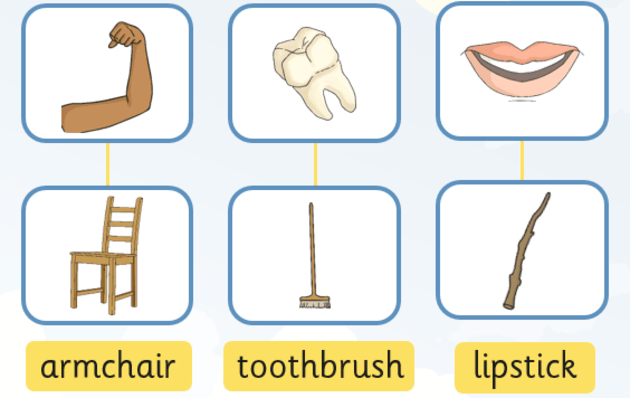 Word list.
Word list. Two or even three words can form a new word. This way of forming new words is called addition, and the words themselves are called complex. To understand where the roots are in a complex word, you must first correctly determine its meaning. For example, a steamboat is not one that sails in pairs, but a ship that sails in pairs. Or a mousetrap is not a dexterous mouse, but a mouse trap.
There are words that look like compounds, but in fact they have only one root, and it clearly emerges after finding the meaning of the word. For example, yellowish is not yellow wool, but slightly yellow, the root is one (yellow), and ovate is a suffix. Or the greatest is not a great tea, but just a very great one.
Let's work on defining the meaning of words with two roots
Vacuum cleaner: A machine for removing dust by sucking it in with a jet of air.
Rhinoceros: Large mammal of southern countries with one or two horns on the front of the muzzle.
Tipper: Truck with mechanical tipping body.
Scooter: At the beginning of the 20th century: the army name for a bicycle, a mechanical cart.
Scooter: Now: For children: a rolling bar with a standing handle on wheels or rollers.
Helicopter: A vertical take-off and landing heavier-than-air aircraft with a horizontal rotor “propeller”.
Airplane: An aircraft heavier than air with a power plant and a wing that generates lift.
(Interpretation taken from Ozhegov's Explanatory Dictionary)
Otherwise, a vacuum cleaner is something that sucks dust. Roots ardor, sos.
Rhino is an animal with a horn on its nose. Nose roots, horn.
Dump truck - a machine that dumps the load itself. The roots itself and the shaft. C in front of the second root is a prefix.
A scooter is a device that rolls itself. Roots myself, cat.
A helicopter is a vehicle that flies vertically. Roots vert, years.
An airplane is a device that flies by itself.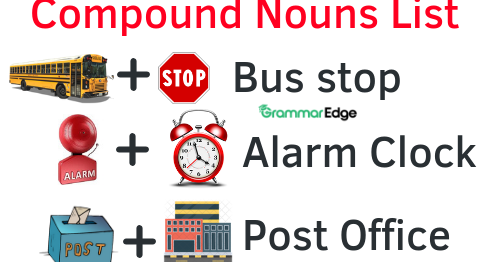 Roots myself, fly. 0, e mousetrap, meat grinder, oil pipeline, steamboat, vacuum cleaner, machine gun, pedestrian, esophagus, bird catcher, fisherman, samovar, airplane, scooter, dump truck, steelworker, snowfall, glass cutter, diesel locomotive, camera, bread machine, electric locomotive.
Roots myself, fly. 0, e mousetrap, meat grinder, oil pipeline, steamboat, vacuum cleaner, machine gun, pedestrian, esophagus, bird catcher, fisherman, samovar, airplane, scooter, dump truck, steelworker, snowfall, glass cutter, diesel locomotive, camera, bread machine, electric locomotive.
Kashevar (porridge + cook)
poultry (poultry + catch)
pedestrian (walking + walk)
rain -sea (rain + measure)
vacuum cleaner (dust + absorb)
poultry farms (bird + factory)
Oil pipeline (oil + conduct)
Vegetable store (Vegetable + Store)
Travel (Way + Walk)
Menilovka
Seafer
Muddle
steelmaker
Shipwalk
Zem Surglar
machine gun
Freshly frozen
Sea of
All -terrain vehicle
Upgrading
Solstice
Examples of complex words with a connecting vowel -
samovar (boil)
Waterfall (water + fall)
Occupational (ice + stab)
tongueOved (tongue + know)
snowfall (snow + fall)
helicopter (vertical + fly)
glass cutter (glass + cut)
concreteMixer (concrete + stir)
Beasts (Beast + Catch)
Housebredor (House + Sit)
Aircraft
Camera
Auto Coach
Fishers
LED
ElectroPille
9000
Telephoto.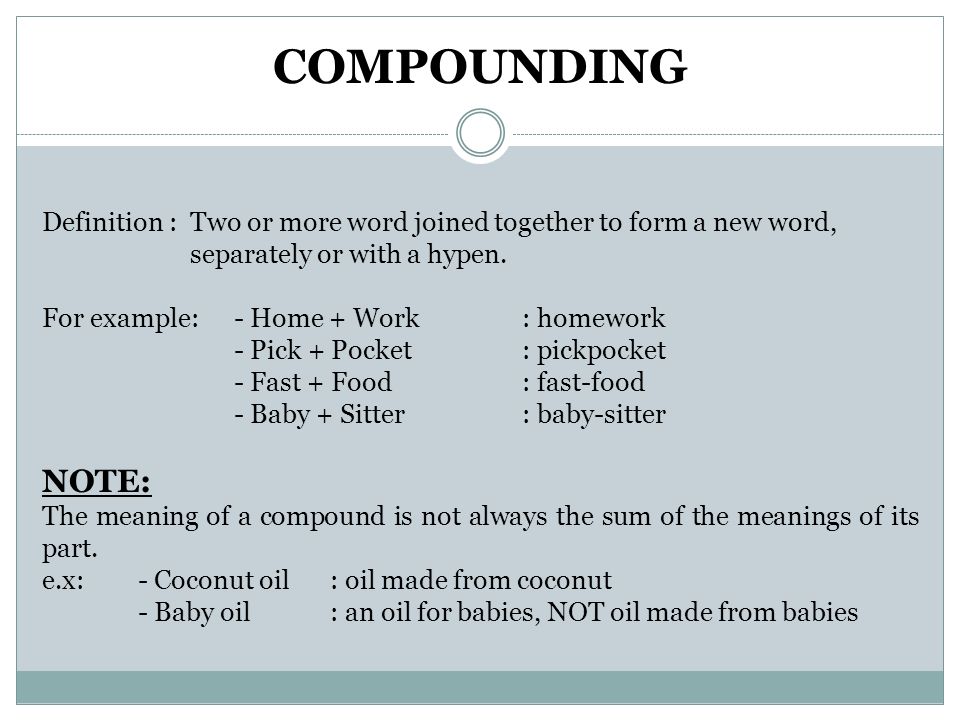
Examples of compound words for early school. Words with two roots (compound words) with a separating e, o. Word list. Examples of compound words with a connecting vowel -e
Two or even three words can form a new word. This way of forming new words is called addition, and the words themselves are called complex. To understand where the roots are in a complex word, you must first correctly determine its meaning. For example, a steamboat is not one that sails in pairs, but a ship that sails in pairs. Or a mousetrap is not a dexterous mouse, but a mouse trap.
There are words that look like compounds, but in fact they have only one root, and it clearly emerges after finding the meaning of the word. For example, yellowish is not yellow wool, but slightly yellow, the root is one (yellow), and ovate is a suffix. Or the greatest is not a great tea, but just a very great one.
Let's work with the definition of the meaning of words with two roots
Vacuum cleaner: A machine for removing dust by sucking it in with a jet of air.
Rhinoceros: Large southern mammal with one or two horns on the front of the muzzle.
Tipper: Truck with mechanical tipping body.
Scooter: At the beginning of the 20th century: the army name for a bicycle, a mechanical cart.
Scooter: Now: For children: a rolling bar with a standing handle on wheels or rollers.
Helicopter: A vertical take-off and landing heavier-than-air aircraft with a horizontal rotor “propeller”.
Aircraft: An aircraft heavier than air with a power plant and a wing that generates lift.
(Interpretation taken from Ozhegov's Explanatory Dictionary)
Otherwise, a vacuum cleaner is something that sucks dust. Roots ardor, sos.
Rhino is an animal with a horn on its nose. Nose roots, horn.
Dump truck - a machine that dumps the load itself. The roots itself and the shaft. C in front of the second root is a prefix.
A scooter is a device that rolls itself. Roots myself, cat.
A helicopter is a vehicle that flies vertically.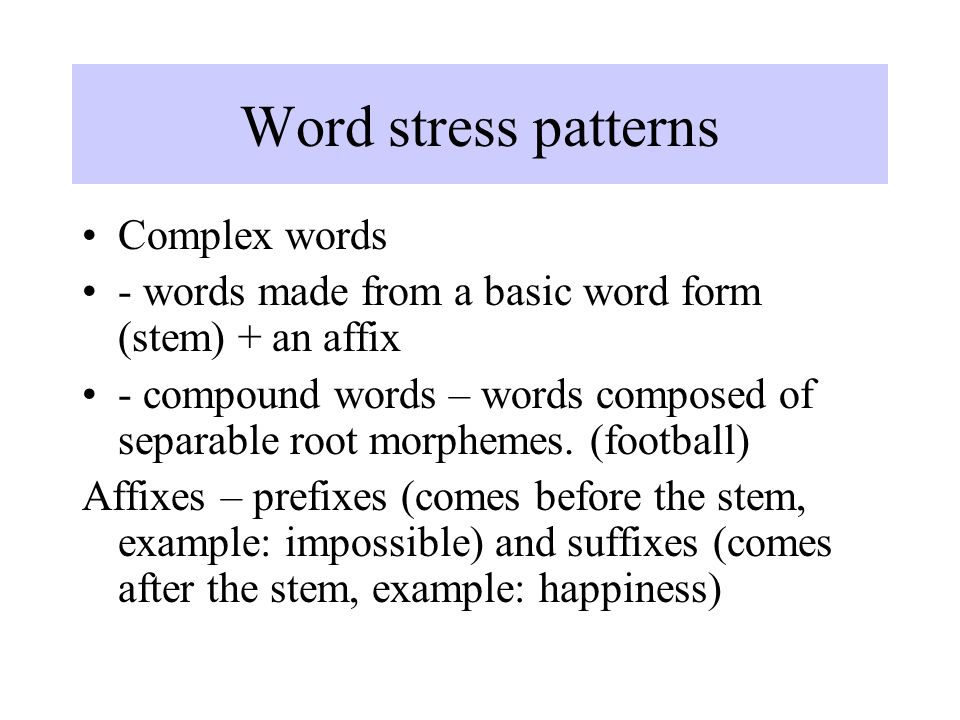 Roots vert, years.
Roots vert, years.
An airplane is a device that flies by itself. Roots myself, fly.
Examples of words with two roots and connecting o, e
Motorcade, motor race, concrete mixer, chainsaw, water pipe, waterfall, water strider, all-terrain vehicle, helicopter, diver, trapper, starfall, digger, cook, bark beetle, icebreaker, lumberjack, centipede, mousetrap, meat grinder, oil pipeline, steamboat, vacuum cleaner, machine gun, pedestrian , esophagus, birder, fisherman, samovar, plane, scooter, dump truck, steelworker, snowfall, glass cutter, diesel locomotive, camera, bread machine, electric locomotive.
The connecting vowel -e is written after stems to a consonant soft, hissing and c (pedestrian, heartbeat, agriculture, etc.). There is an exception, after the basis for a soft consonant there may be a vowel -o. For example, a hitching post, (although a horse), a rangefinder, (although a distance). The spelling of such words, most often, is determined by the dictionary.
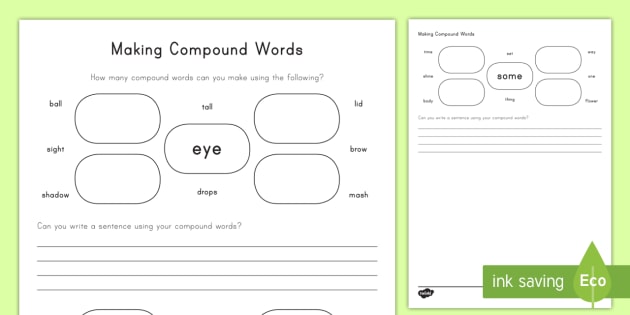
The connecting vowel -o is written after stems in a hard consonant.
Examples of compound words with the connecting vowel -e-
porridge (porridge + cook)
bird catchers (bird + catch)
pedestrian (walking + walking)
rain gauge (rain + measure)
vacuum cleaner (dust + suction)
birdsFactory (poultry + factory)
oil pipeline (oil + conduct)
vegetable storage (vegetable + store)
travel (path + walk)
mousetrap
sailor
mud treatment
steelEvar
shipwreck
surveyor
Fresh Frozen
allroundEkhod
ubiquitous
sun state
Examples of compound words with the connecting vowel -o-
samovar (self + cook)
waterfall (water + fall)
icePunch (ice + prick)
languageOved (language + to know)
snowfall (snow + fall)
helicopter (vertical + fly)
glass cutter (glass + cut)
concreteMixer (concrete + mix)
hunters (animal + catch)
houseOsed (at home + sit)
camera
motorcade
lightdiode
electric saw
testStirrer
Another list of compound words with two roots and even with three
The Russian language is considered one of the richest languages in the world. It is multifaceted thanks to its own, only the dictionary of V.I. Dahl has about 200 thousand units of speech, and this is not counting word forms. And since the world does not stand still, then Russian is progressing along with it, replenishing with new lexical units from various spheres of life: science, technology, industry, etc. Due to the development of industries in the Russian language, complex and difficult words appear to denote new concepts.
It is multifaceted thanks to its own, only the dictionary of V.I. Dahl has about 200 thousand units of speech, and this is not counting word forms. And since the world does not stand still, then Russian is progressing along with it, replenishing with new lexical units from various spheres of life: science, technology, industry, etc. Due to the development of industries in the Russian language, complex and difficult words appear to denote new concepts.
Vkontakte
What are compound words
A compound word consists of several parts. In Russian, compound words with two stems are more common (steam locomotive, waterfall, sofa bed), but can be found with three or more (examples: creamy-chocolate-nut ice cream, gas-steam-air, Old Church Slavonic). Writing complex words causes difficulties even for those who work with texts on a professional basis - editors, proofreaders, journalists.
Important! One compound word in Russian can consist of 20-30 letters! For example, X-ray electrocardiographic - 32 letters.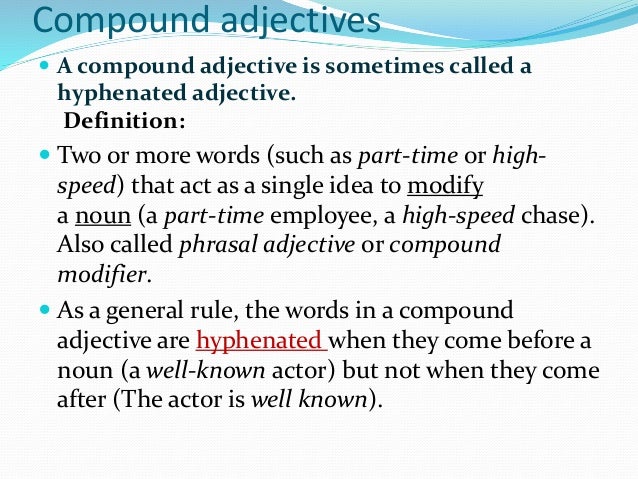
Difficult-to-write expressions often act as nouns and , although most often formed from "noun + verb" . Many lexical constructions in Russian are difficult to pronounce and are quite common in everyday speech. They are so common that we do not think about their origin (aircraft, building materials, aircraft industry).
Formation
Compound words are formed in the following ways:
With the help of connecting vowels: receiver, metal-cutting, cook, armored personnel carrier, shipwreck, crazy,
five-fold, ovule, eight-story, two-masted. The list of examples can be continued for a long time.
Compound words in Russian for which the hyphen spelling is correct:
- Compound noun with ex- prefix: ex-king, ex-husband, ex-chancellor.
- The principle of repeating the basics: blue-blue, just, just about, hot-hot.
- Designs-repetitions, having a prefix or suffix in the second part: beauty-beauty, miracle-worker, focus-pocus, firmly-firmly, tower-teremok, cold-precold.

- Combinations with half-: half-French-half-German, midnight-noon, half-horse-half-ass, reclining, half-sitting.
- Words close in meaning: geese-swans, path-road, kind-healthy, any-expensive, at the very least.
- Compound words with an approximate indication: four or five people, a year or two, in January-February.
- Compound word with an abbreviation in the first place: microwave oven (superhigh frequency), infrared (infrared), DNA analysis (deoxyribonucleic acid), DTP vaccine (adsorbed pertussis-diphtheria-tetanus).
- Compound noun with inflected first part : roly-poly - play with roly-poly, booster - on a booster, hero-pilot - the title of a hero-pilot, science fiction writer - to a science fiction writer.
- The construction of the “main and dependent word”: a bayun cat, a beautiful daughter, a bloodhound, a self-collected tablecloth, an amateur nerd, a single father.
- A compound word has an indeclinable part : B minor, G sharp, D minor, blue-pale, crimson chestnut, gross formula (for chemical elements), gross rate (insurance premium), net rate (share of insurance rate), solo -guitar, disco ball, disco band, disco bar, maxi scooter, maxi golfs, maxi puzzles, midi controller, mini piano, mini model, mini review.

- Intermediate cardinal points: turn southwest, heading northeast, east-southeast.
- Military positions and ranks with prefixes: vice admiral, chamber junker, rear admiral, life dragoon, chief marshal, chief quartermaster, secretary of state, non-commissioned officer, adjutant wing, staff captain.
- Words that have an auxiliary part of speech in their construction: Nikolaevsk-on-Amur, Kalach-on-Don, coltsfoot flower, Ivan da Marya plant. This group mainly includes names of cities, countries and plants .
- To write the names of residents of cities with hyphens, the method of merging stems is often used.
- Combinations with the prefix half- (for words beginning with a vowel or consonant -l) in the genitive case: half-July, half-shop, half-line, half-ravine, half-cucumber.
Dictionary of the Russian language
Formation of compound words in Russian without connecting vowels: out-, you-, beyond-, with-, etc.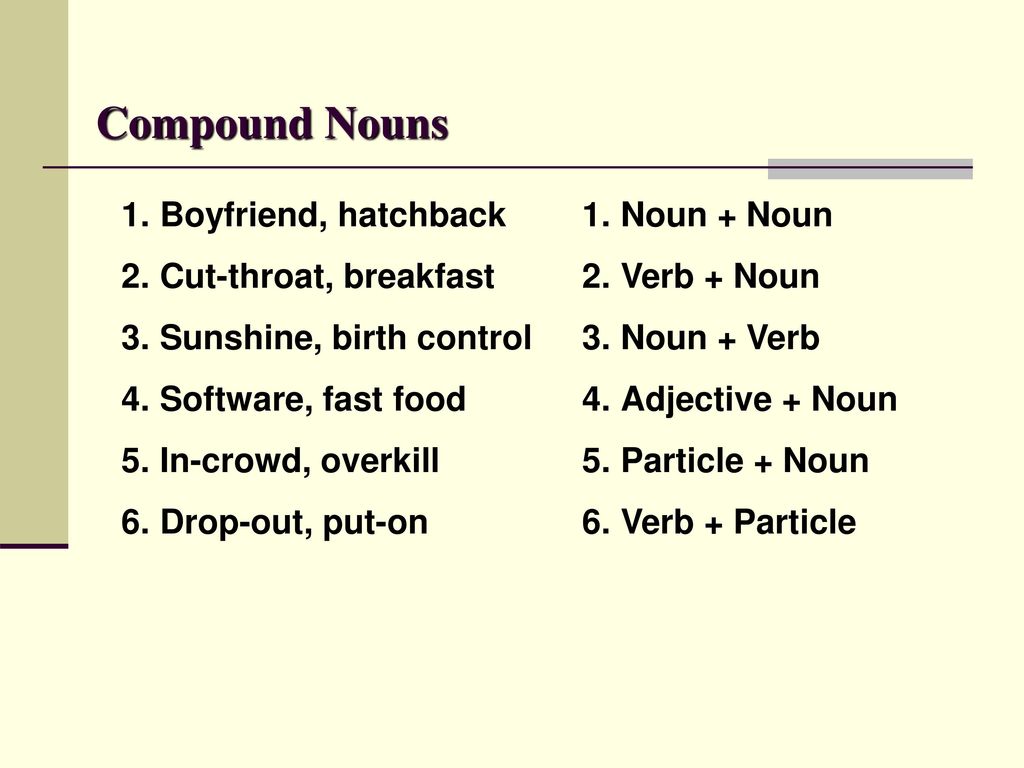 : limitless, innocent, interest-free, endless, deckless, unjustifiably, continuously connected, irreconcilable, uneven, interroom, intercostal, international, postnatal, post-course, post-warranty, post-school, ultra-high vacuum, super-annual , super-critical, super-established, pseudo-acacia, pseudo-socialist, pseudo-science, pseudo-religion, self-filming, self-saccharified, extraterrestrial, foreign policy, above-mentioned, above-stated, blank, defensive, easily, whimsical, involved.
: limitless, innocent, interest-free, endless, deckless, unjustifiably, continuously connected, irreconcilable, uneven, interroom, intercostal, international, postnatal, post-course, post-warranty, post-school, ultra-high vacuum, super-annual , super-critical, super-established, pseudo-acacia, pseudo-socialist, pseudo-science, pseudo-religion, self-filming, self-saccharified, extraterrestrial, foreign policy, above-mentioned, above-stated, blank, defensive, easily, whimsical, involved.
Please note! Words with the prefix false- with proper names in Russian have a hyphenated spelling: false-Dmitry, false-Arya, false-Nero.
- Words with semi- and semi- prefixes: semi-crystalline, one and a half months, semi-box, half price, half kingdom, half life.
- Compound words with prefixes ir-, dis-, im-, trans-, sub-, counter-, hyper-, de-, re-, post-, etc.: irrational, irrigator, irreality, irrelevant, discrete, distant , disposition, disproportion, immanent, immunobiological, transgression, transisomerism, transcontinental, transatlantic, subatmospheric, subunit, subjective, submarine, counterparty, counterplay, countertier, counterprogress, hypergeometric, hyperfunction, hyperactive, hypernephroid, dismantling, deformation, decentralization, degradation, demotivator , reformation, reorganization, reproduction, post-infarction, post-Soviet, post-industrial, post-inflammatory.
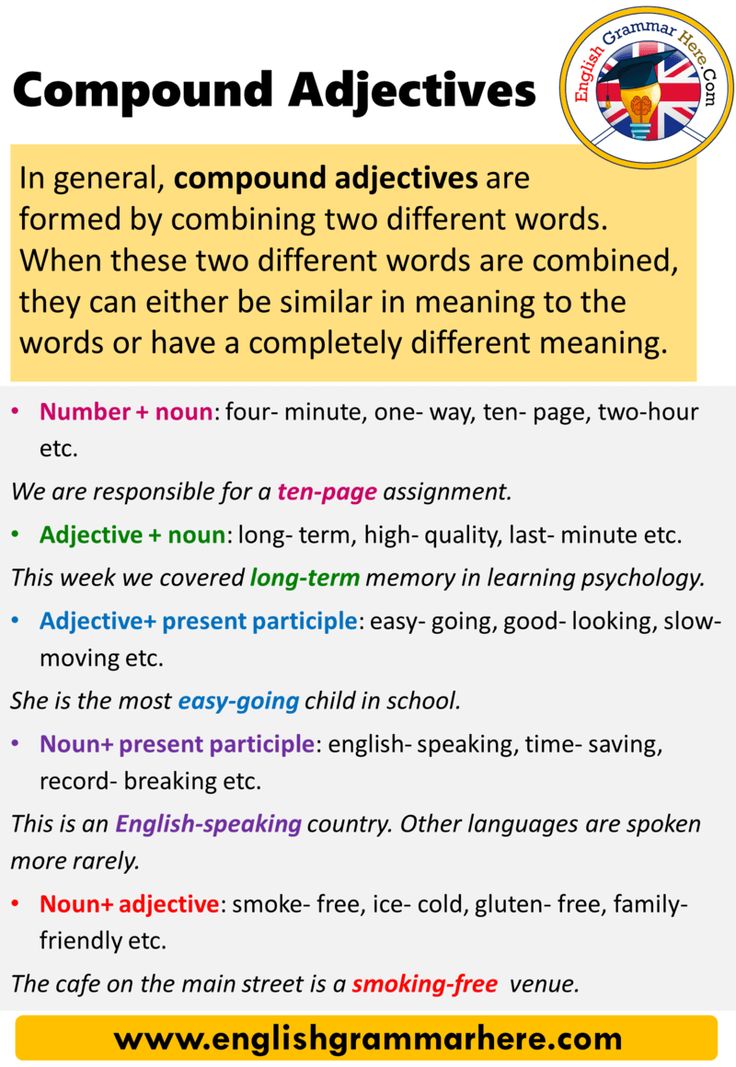
- Difficult words, part of the basis of which is a numeral : three-month, five-sided, two-sided, centennial.
- Lexical units ending in -я: seed-processing, pastime, selfishness.
- Ending of the first part of the stem with -i- or -ь-: little neck, adonis, daredevil, goridrova. Spelling errors are often made in these examples.
- Words formed from hyphenated proper names: Alma-Ata, St. Petersburg, St. Paul, Costa Rican.
Abbreviated words also refer to the concept of "compound word", because are formed by reducing stems and merging them : UEFA, USSR, VDNH, political officer
The spelling of compound words of this type in Russian is regulated by the following rules:
- The first letters of the words are taken: moore - Moscow Criminal Investigation Department, FBI - Federal Bureau of Investigation, PFC - professional football club.
- The initial parts of the basics are taken: political worker - political worker, general plan - master plan, sampo - self-training.
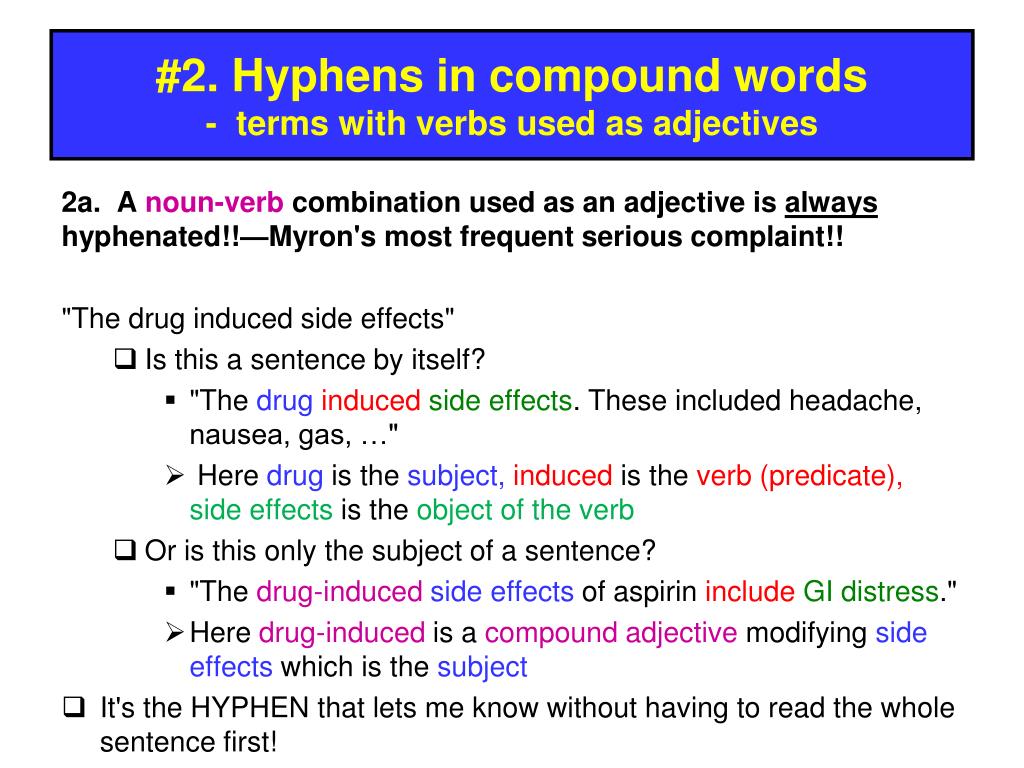
- The first letters of one and the beginning of the basis of another word are taken (the first two methods are combined): INVISSIN - Institute for Foreign Policy Research and Initiatives, IMLI - Institute of World Literature, LITO - Literary Association.
- A part of the base and the whole word are taken: spare part - spare part, commander in chief - commander in chief.
Please note! Compound words usually refer to scientific terminology and are used in a narrow circle of industry specialists. Often deciphering abbreviations is a very difficult task, you can simply not know the full name or confuse the abbreviation itself with similar spellings. As regards the definition of genus in complex abbreviated constructions , then in Russian it is determined by the main word in a complex name.
What are the compound words in Russian
Examples of compound words
Conclusion
As mentioned at the beginning of the article, hard-to-pronounce words in the Russian language are found everywhere and every day. They have become an integral part of our lives, so it is important not only to understand their meaning, but also to learn how to determine the correct spelling of compound words.
They have become an integral part of our lives, so it is important not only to understand their meaning, but also to learn how to determine the correct spelling of compound words.
EMC "School of Russia"
Subject: Compound words
Lesson type: lesson on acquiring new knowledge
Purpose of the lesson: familiarity with complex words and the formation of the ability to find the root in complex words.
Lesson objectives:
Educational:
To form students' understanding of complex words, the ability to correctly write connecting vowels in such words;
To introduce ways of forming compound words;
Expand knowledge of word composition.
Educational:
Raise interest in learning the native language.
Developmental:
Development of students' speech, attention, observation, thinking and spelling vigilance.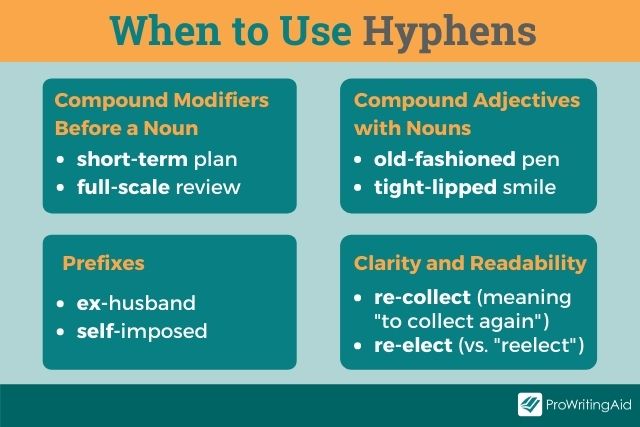
Planned results:
At the lesson, students will gain knowledge about compound words;
Learn to find the roots of compound words;
Learn to form complex words.
Metasubject:
Accept and save the learning task;
Plan your actions in accordance with the task;
Compare and classify according to specified criteria;
Carry out the analysis of words with the selection of essential features.
Personal:
Use adequate self-assessment based on the criterion of the success of educational activities;
To form the student's internal position at the level of a positive attitude towards school.
Lesson progress
1. Organizational moment.
Good afternoon!
Children, are you warm? (Yes!)
Is there light in the classroom? (Yes!)
Has the bell rung yet? (Yes!)
Is the lesson already over? (No!)
Has the lesson just started? (Yes!)
Do you want to study? (Yes!)
So everyone can sit down!
Let's start the Russian lesson.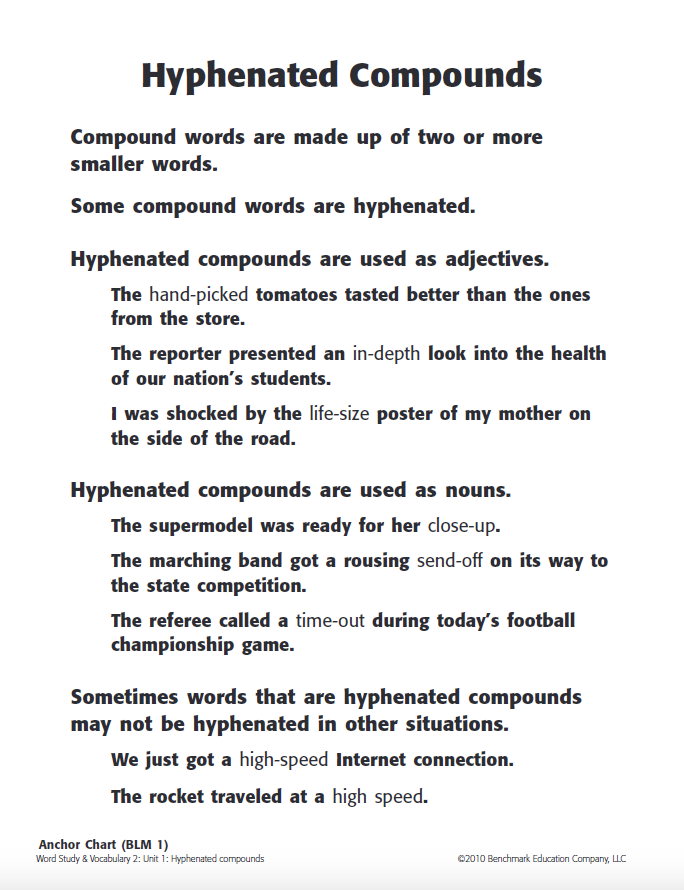
Tell the secrets of the word
I am always ready for you.
But at the lesson be ready
To reveal the secrets of words yourself.
Guys, are you ready to make new discoveries? Then let's get to work.
2. Calligraphy.
1) Hand warm-up.
Let's stretch our fingers and get them ready for work. (warm-up)
Our fingers clenched tight.
What is it? Interesting!
It can be seen that they have become cool.
We will cover them with a blanket.
(Children massage their hands)
Fingers exercise,
To reduce fatigue.
And then they will write letters in a notebook
.
(Children clench and unclench their fists)
2) Writing letters and compounds (Kk; Nn; on; but; ko; en; ki; kl; nm; nya; ku; kya; nyu)
Give a description of the sounds; in which syllables are consonants soft, hard.
3. Updating knowledge.
Write the same-root words with the root -color-;
What is the root of a word? How is the root spelled in single-root words?
4.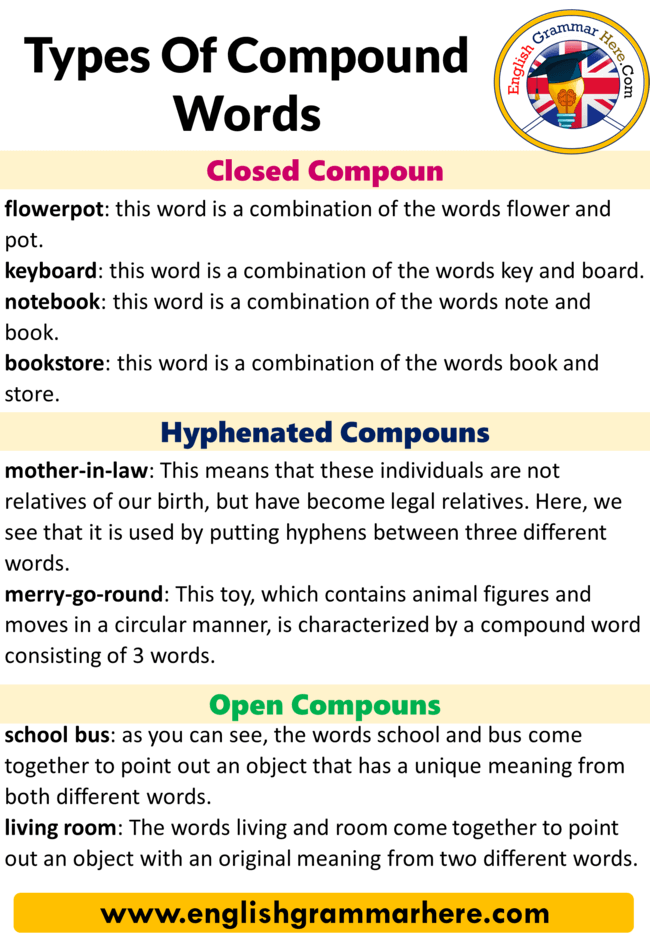 Setting the goal of the lesson.
Setting the goal of the lesson.
Let's read a poem by E. Izmailov.
Read funny poems,
And what are they for - dare!
Lived and was in the world PAR,
In appearance he was gray and old,
But with boiling water
He danced like a young man.
It streamed from the teapots,
It swirled over the pans,
No useful deeds
He didn’t know how to do it at all.
Once upon a time there was a word HOD
In the word EXIT, in the word ENTRY,
In the word HODIKI there was a knocking,
And in the HIKING it was walking into the distance.
This is how PAR and HOD lived.
They lived apart, but
They were united together -
They floated on the water.
The ferry runs STEAMBOAT,
STEAM and START are paired.
– Which words lived separately?
– In what words did the word hod live? (Exit, entrance, walkers, hike.)
Task: write down these words and sort them out by composition.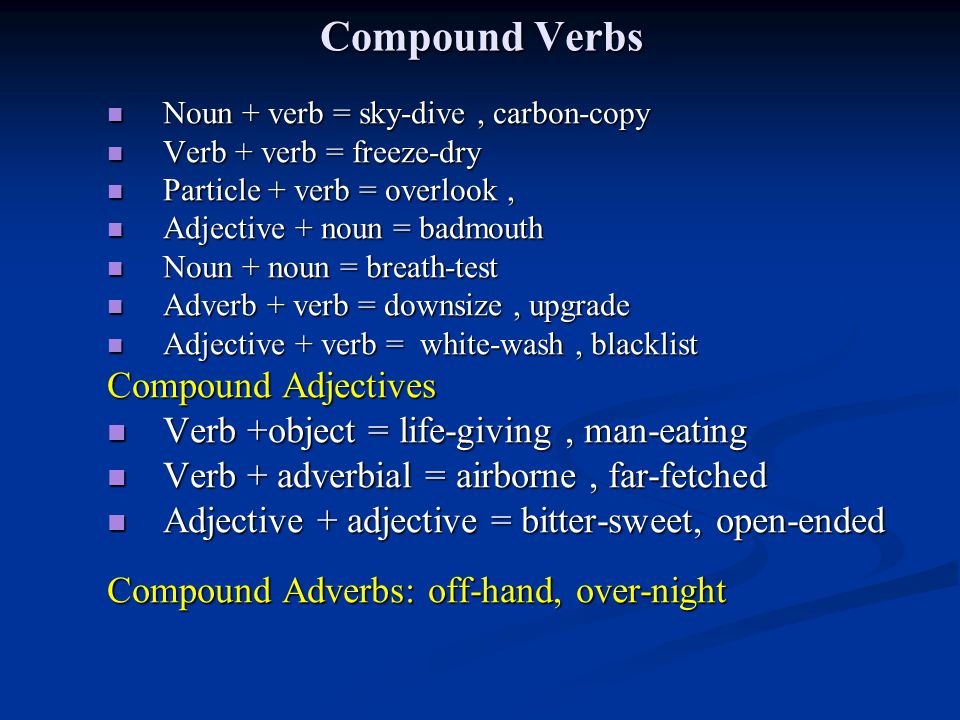 (One student comments on the writing of words and their analysis by composition.)
(One student comments on the writing of words and their analysis by composition.)
- What are such words called? (Single root).
– What happened to the words PAR and HOD? (They were connected.)
- What word did you get? (Steamboat.)
- Write this word in a notebook and try to parse it by composition. (Children's options are heard.)
– How many roots are there in this word? (Two). Which?
– How many stems are in this word? (Two.)
- What letter connects these two roots (bases)? (vowel - O).
- How can this vowel be called if it connects roots? (Connective).
- Explain the meaning of this word. (Steam-powered ship.)
- Words like steamboat are called compound words. What do you think we will study today?
5. Work on the topic of the lesson.
Work according to the textbook:
Ex. 138 (p. 77)
Read the words, explain the lexical meaning of each word.
How many roots are in these words.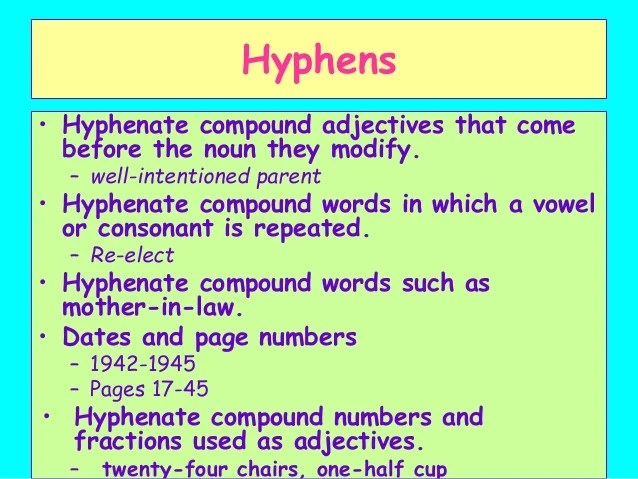 Why?
Why?
What vowels connect roots in compound words?
139 (p. 78)
Read the text. Find a compound word in it, explain why the author used it.
Complete the written task for the exercise (Students check the spelling of words with spelling).
6. Physical education.
1. The sun raises us to exercise,
We raise our hands at the command "one".
And the foliage rustles merrily above us.
We lower our hands at the command "two!"
2. We put our hands in flight:
An airplane has appeared.
Back and forth swing of the wing,
Do "one" and do "two".
One and two, one and two!
Put your hands down,
And everyone sit down!
7. Consolidation of the studied material.
140 (P. 78) (Work in pairs.)
Name the extra word in each group. Justify your choice.
(1.Driver; 2. Forester; 3. Whirlwind. In other words there is a root -wind-;
Windmeter is a compound word)
8.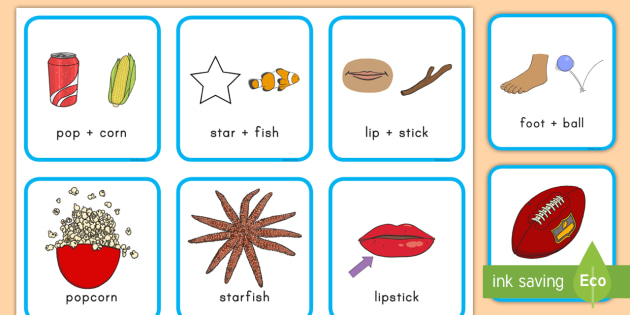 Summing up the lesson.
Summing up the lesson.
Guess the riddles, write down the answers. Highlight the roots of the words.
1) Baby elephant on the floor,
He is on wheels,
Strokes the carpet with his trunk,
Will iron until
Until all the dust is sucked in
And the floor will not become clean. (A vacuum cleaner).
2) His work is
In the depths at the very bottom.
His work -
In darkness and silence.
But who is he,
Answer the question? (Diver)
3) He puffs like a locomotive,
It is important to keep his nose up.
Make some noise, settle down -
Invite a seagull for a drink. (Samovar)
4) I will scream, I will rumble,
I will fly away under the sky. (Helicopter)
What new did you learn at the lesson?
What are the names of words that have two roots?
9. Reflection
Our lesson has come to an end, let's sum it up,
Complete any of the expressions:
I liked.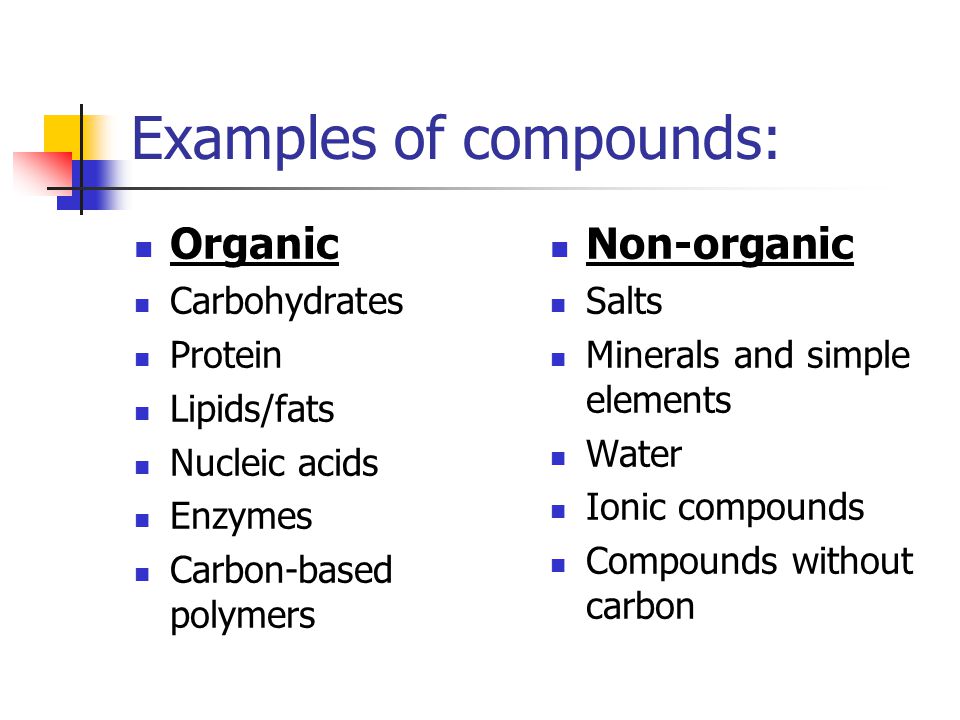 ..
..
I learned in class that...
I was surprised...
I would like to...
10. Homework: Ext. 141 (page 78)
\ \ Primary school teacherWhen using materials from this site - and banner placement - MANDATORY!!!
The lesson was developed by: Sitnikova Natalya Valerievna, Perm Territory, Gubakha, Ugleuralskiy, Municipal Educational Institution "Secondary School No. 15" email: [email protected]
Purpose of the lesson. Formation of compound words.
Tasks:
- Repeat significant parts of the word.
- Introduce the concept of “compound words”
- Develop creative thinking, oral and written speech, attention, memory.
- Raise respect for nature, care for birds
Equipment: media projector, computer, screen, presentation, textbook “Russian language. Grade 3 ”(author Zelenina), cards for teachers and students, an encyclopedia about birds, a hat, a parrot.
Lesson progress.
1. Org.
(The teacher enters the classroom dressed as a book lover)
Teacher:
Now I was in the library. There are so many interesting books out there! I love books very much. I read them with pleasure. And what can we call a person who loves to read books very much? (book lover)
I have a lot of books, but most of all I like to read this book. There are many unusual words in it, which we will get acquainted with today.
2. Repetition of the topic “Word Composition”. Learning new material.
Board e:
On colored sheets on the desks of the word:
1st row: starling, feeding, flycatcher
2nd row: dove, care, flycatcher
3rd row: hazel grouse, flight, flycatcher
in the table:
Work in pairs.
Teacher:
Open your notebook. Write down the number, class work (the teacher writes on the blackboard himself) Pay attention to the table.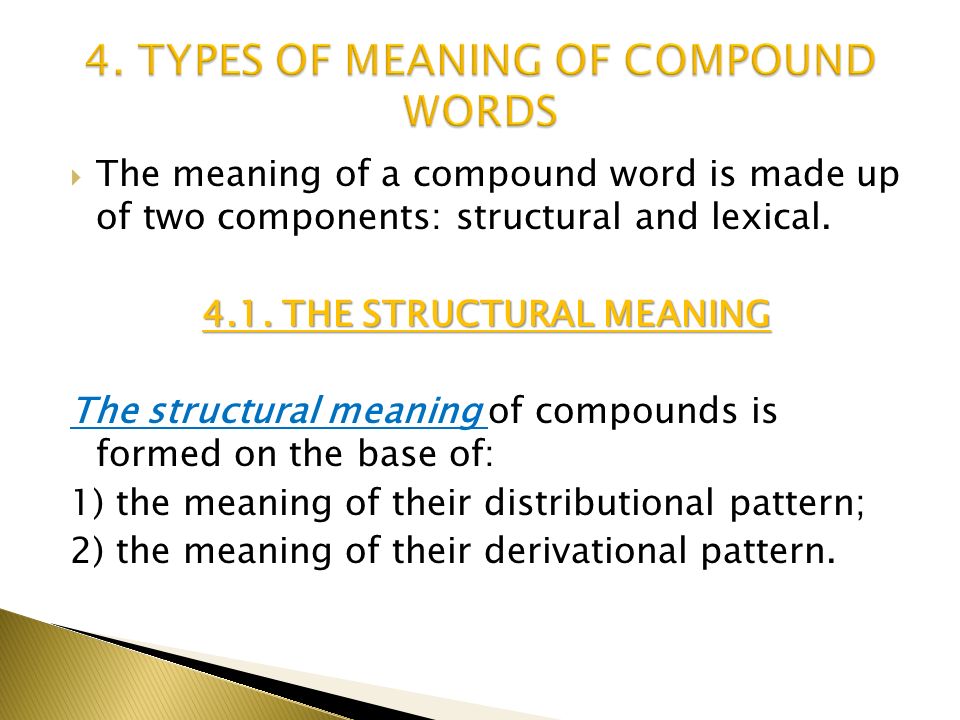 Take a colored card from the desk. What do you think the task will be? (distribute the words in the table depending on their composition). Start working in pairs and discuss together before writing.
Take a colored card from the desk. What do you think the task will be? (distribute the words in the table depending on their composition). Start working in pairs and discuss together before writing.
U. -Now let's check.
What words did you write in the first column?
D. starling dove grouse (we attach the words to the board)
U. -Name the root. Prefix. How are these words formed?
D. - With a suffix.
Second column?
feeding - care - flight
So, the work is finished. Have we written down all the words?
D. - The word flycatcher does not fit anywhere.
U. - And who is the flycatcher? (children's answers are heard)
Slide 2
So who is this?
Why was she called that?
D. - Feeds on flies.
U. - In which column will we write?
D. - In the third.
U. - Disassemble the word by composition.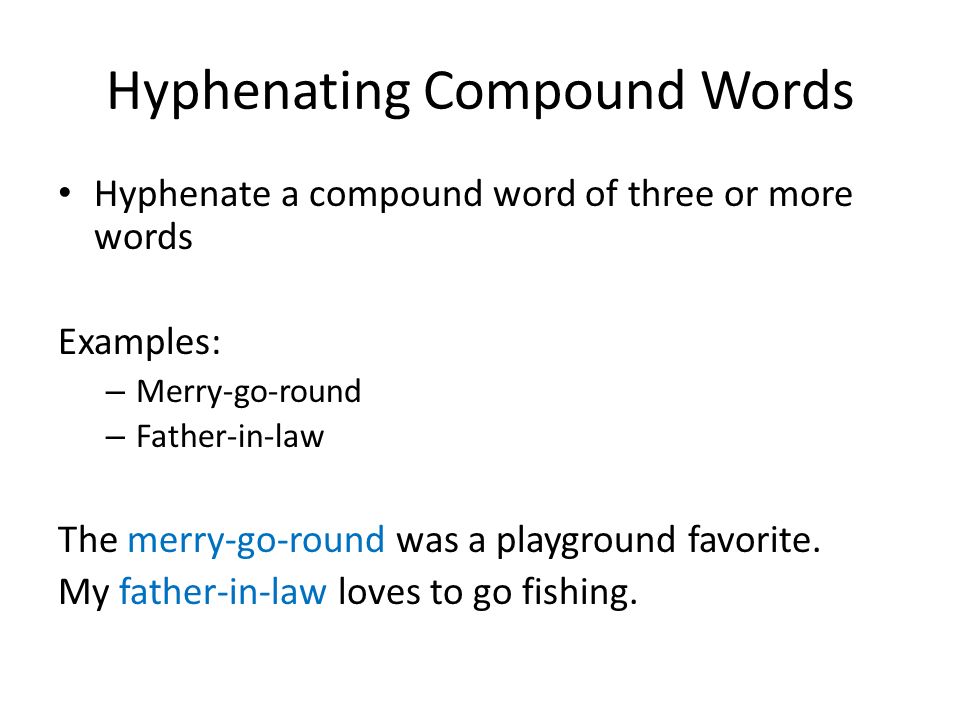
What is the peculiarity of this word?
D. - It has two roots.
U. - Underline the letter that is between the roots.
What role does this letter play?
If this letter is used to connect two roots, what can it be called? D. -Connective.
U. - What other birds do you know? (Children's answers are heard)
There are a lot of birds in nature...
Slide 3
1. In the forest, to the chirping, ringing and whistling
The forest telephone operator knocks
“Hello, thrush-buddy!”
And signs……. (Woodpecker)
2. A small slender bird. It got its name from the plumage on its head. (Chernogolovka)
3. U . - What bird are you talking about?
Slide 4-5
D. - Serpent Eater.
. Why was she named that?
D. - Feeds on poisonous snakes.
4. U.S. - And what kind of bird is this?
Slide 6
D. - Magpie.
- Magpie.
U. - Which of these four words is formed in the same way as the word flycatcher? (blackhead, snake-eater). Write it down. Prove it.
How can you name these words?
D . -Double-rooted, complex.
U. - Why?
D. - From 2 roots.
This is the topic of our lesson "Compound Words"
Let's try to conclude what words are called complex?
Let's see how it is written in the textbook on page 39. Get to know yourself, and now read it....
3. Physics minute.
(audio music playing)
We studied, we worked
It's time to rest
We all turned into birds
Let's imitate the birds.
We jump like sparrows
We stand like herons on one leg
And now we are flying from tree to tree.
And now let's show large wingspan, fast eagles fly in the clouds.
No one can catch up with an ostrich, he is used to running away from dangers.
And now they look like penguins, they are like tumblers and so are we.
Well, it's time to go back,
You are students again, we continue to study.
4. Primary fastening.
U.S. - Bird watchers are ornithologists of a special profession. To find out the features of their life, you need to catch a few birds and ring them. What do you call a person who catches birds?
D. - Birder.
U. - Write down the word. At the blackboard... Tell me, is this a difficult word? (prove)
Do you think there are other compound words in our speech that are not related to the name of birds? Give examples. You will learn more words in the next lesson.
Help me make difficult words. (the teacher shows the cards, the children write down the words on their own)
breeds bees
catches fish
breeds flowers
Highlight the roots and the connecting vowel.
What unusual words did we talk about today? How can they be called in one word?
D.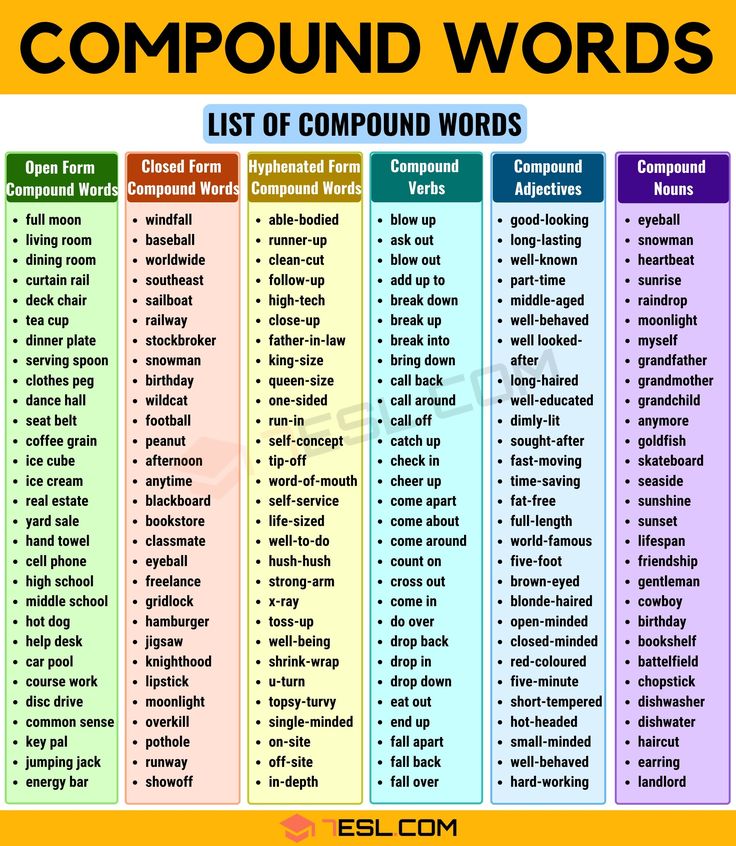 - Complicated.
- Complicated.
5. Reflection.
U.S. - Stand up, please. Raise your hand if you have a hard time understanding what a difficult word is. Don't be upset. In the following lessons, you will learn many difficult words and their formation. Thank you. Now raise both hands, those who understand how compound words are formed. Applaud yourself! Well done!
And now we'll check... Sit down.
Take the white papers. Get started on assignments.
Do you remember what you called me at the beginning of the lesson? (book lover)
Can this word be called complex? Why? (children explain orally). You did a great job in class. Well done! (a toy parrot repeats the word “well done”.
We give you small reminders about birds (the parrot repeats, and the teacher distributes)
RUSSIAN LESSON SUMMARY
(L.V. Zankov’s system of developmental education)
Grade 3 (1-4)
Lesson topic:
Prepared by:
Primary school teacher
Elena Fedosyuk
MBOU "Gymnasium No. 3"
3"
Astrakhan - 2017
Item: Russian language
Grade: 3
Textbook author : Nechaeva N.V., Yakovleva S.G.
Lesson topic: "Compound words".
Didactic purpose : create conditions for the formation of the concept of "compound words" and
introduce it into the knowledge system
Lesson objectives:
Logically derive an algorithm for determining compound words, give the concept of
"complex words" based on the knowledge of children;
- develop the ability to find compound words among other words, develop
mental operations and creativity, speech of students;
- to cultivate a sense of beauty, love and respect for nature.
Lesson type : lesson of discovery of new knowledge.
Equipment : textbook "Russian language Grade 3" Nechaeva N. V., Yakovleva S.G., presentation to
V., Yakovleva S.G., presentation to
Lesson progress:
Self-determination to activity . Slide 1.
Today we have guests at the lesson. Turn around, greet the guests and sit down
at the desks. The lesson is interesting and brings joy when we think and work together. Today
we will work with words, analyze, compare, reason, look for solutions.
Let's wish each other successful work.
II . Knowledge update.
- We opened the notebooks, put them a little on the corner. They wrote down the number and class work, remembered the landing rules.
Guys, what season is it outside the window? (Autumn).
AS Pushkin was very fond of this season and dedicated many beautiful lines to it. Here are some of them: Slide 2.
“A sad time, eyes charm…
Your beautiful beauty pleases me.
I love the lush fading of nature,
Forests clad in crimson and gold…»
Today, autumn is visiting us at the lesson.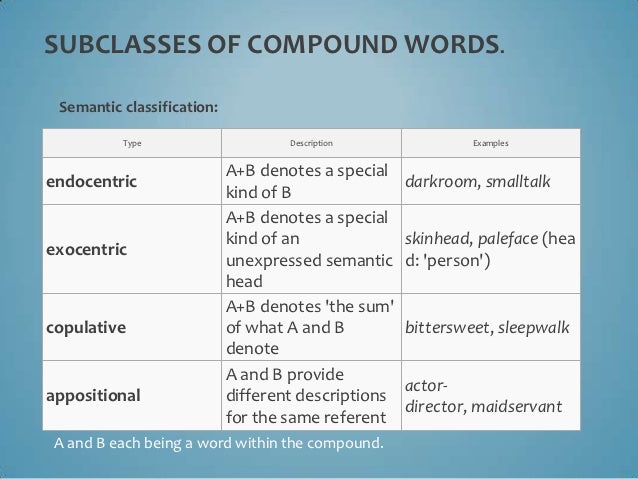
III . A moment of calligraphy. vocabulary work . Slide 3-4.
Let's spell the letters again Oh, oh , connection OS , word AUTUMN , we form from this word a single-root - adjective - AUTUMN.
How is this word formed? (suffixal).
What other ways of forming words do you know? (Prefixed, prefixed-suffixal). Slide 5.
Let's analyze the word by composition: OSEN - N -
Today you will get acquainted with another type of word formation. What? You will learn in our lesson.
IV . Lesson topic.
Read the entry on the screen... "Compound words". Slide 6.
What part of speech is the word "complex". (It's an adjective!)
What does the adjective mean? (A sign of the subject).
What else can be difficult? (Difficult tasks, difficult situation).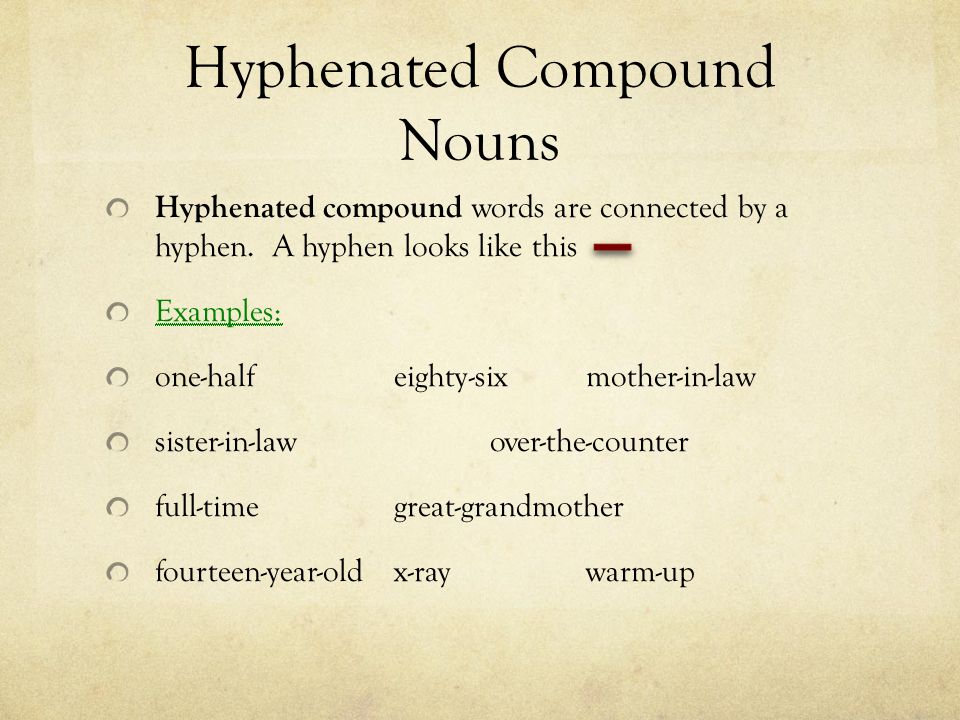
And what is a compound word?
(Answers guys.)
- Today we will take a closer look at compound words and their features.
V . Explanation of the material. Knowledge update.
1. - Guess what autumn month we are talking about?
Our old garden is empty,
Spider webs are flying into the distance,
And to the southern edge of the earth
Cranes stretched out.
The doors of schools have opened.
What month has come to us? (Write down - September )
Slide 7.
All the gloomy face of nature:
Gardens have turned black,
Forests are bare,
Bird voices will be silent,
The bear has fallen into hibernation.
What month did he come to us? (Dictionary word - October )
The field has become black and white.
It rains, then it snows.
And it got colder -
The waters of the rivers were covered with ice.
Winter rye freezes in the field.
What month, tell me? (Vocabulary - November)
2. - What do you think these words have in common?
( These are nouns, singular, masculine, have two syllables, the first of them is unstressed, the same in composition.)
Let's analyze the words by composition:0003
3. - And the ancient Slavs had their own name for each month. So September was called "frown". Why do you think? It received the name "frown" due to its weather differences from other months - the sky often begins to frown, it rains, autumn comes in nature. Slide 8.
- October was called "leaf fall". Why? Among our ancestors, it is known under the name "leaf fall" from a natural phenomenon that we observe in October.
Slide 9.
- And November was called "breast." Why do you think?
To answer this question, look at how the dirt road looks broken after the autumn rains.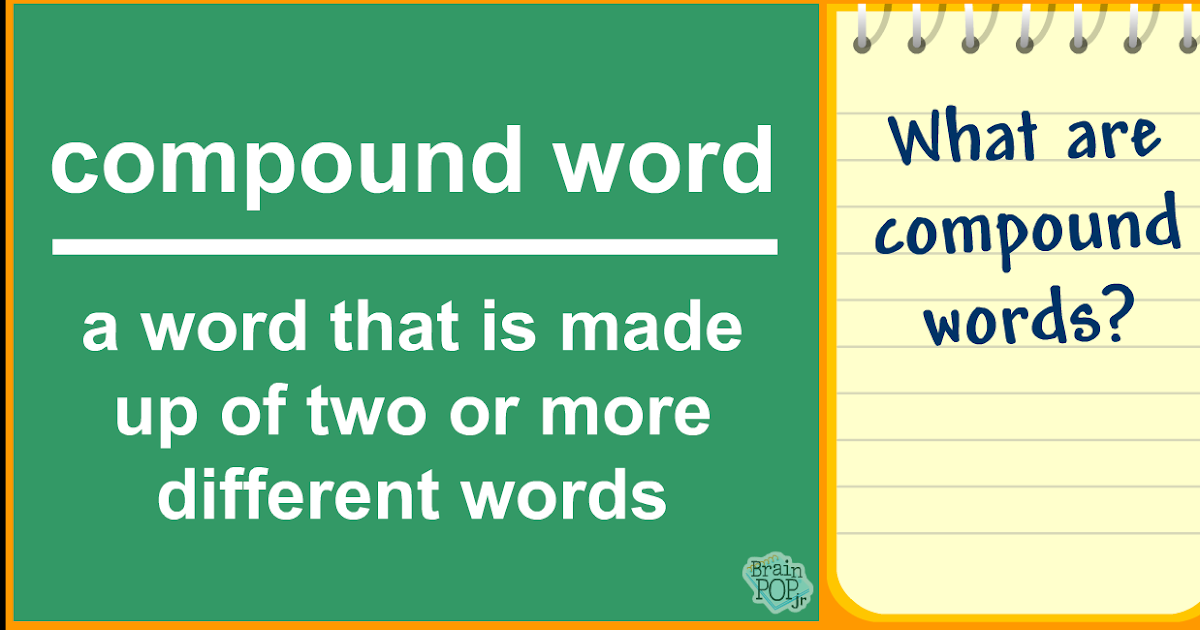 In the old days, this month was called breast, from the piles of frozen earth with snow, and in the Old Russian language, the winter frozen road was called the chest path. Slide 10-11-12.
In the old days, this month was called breast, from the piles of frozen earth with snow, and in the Old Russian language, the winter frozen road was called the chest path. Slide 10-11-12.
III . Fixing difficulties in activity.
Write down the names of the Old Slavic months, parse the word by composition yourself.
BLACK LEAF - O - FALL CHEST Slide 13.
- In which word there was a difficulty in completing the task.
Students: Falling leaves
Teacher: Explain the meaning of this word?
Students: A natural phenomenon - the leaves are falling.
Teacher: Highlight the root in these words.
Students: sheet pad Slide 14-15.
To get a new word, a new way of forming words is used - addition of stems, addition of roots, using the connecting vowel O, E .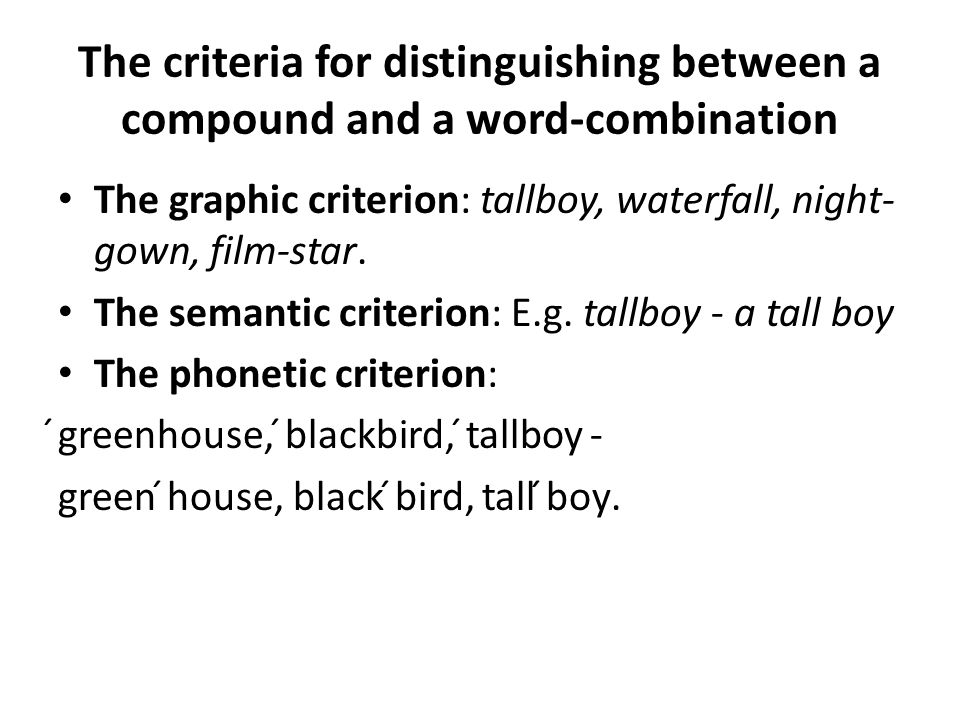
IV . Construction of the project of an exit from difficulty.
1. Work with the textbook.
- And now let's open the textbooks on page 71, find the rule.
What do you remember from the rule? Let's fix it with examples. And write down a few words in a notebook. Slide 16-17.
143, p. 71. - Find the words that are formed by combining the bases.
FOREST STEP BLUE-EYED
2. Formation of compound words
Forest to catch
Fish farm
Bird lane
Reindeer breeding
(Forest lane, fisherman, poultry farm, reindeer breeder). Slide 18.
V . Fizkultminutka. Ball game.
Game. "Form a compound word."
Tired? Let's play. I throw you a ball and two simple words, you give me back one complex one.
Forest, cut - lumberjack
himself, fly - plane
pairs, walk - steamer
himself, cooks - samovar
meat, chop - a meat grinder
pairs, carry - a steam locomotive
book, love - a book lover
skates, a speed skater
second, measure - a stopwatch
A physical minute for the eyes.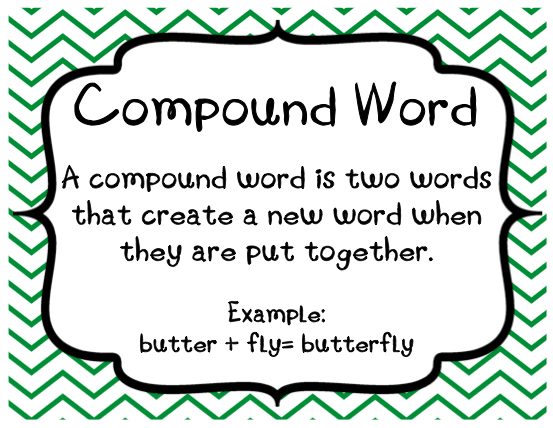 Slide 19 .
Slide 19 .
VI . Independent work with peer review.
The autumn wind blew on difficult words and scattered them all. Let's get them right. We work in groups. We consult with each other. Let's write the words in a notebook.
rockwalk icefall Slide 20.
star carrier helicopter
parolet vodolet
samopa d leaf walker
(Helicopter, ice drift, plane, leaf fall, starfall, steam locomotive, steamer, waterfall, rockfall, water carrier.) Slide 21.
Guys, what conclusion can we draw about compound words?
Compound words are formed by adding stems, roots with the help of connecting vowels O and E. If the stem ends with a hard consonant, then in the middle we write a connecting O, and if we write a soft or hissing Zh, Sh, Ch, Shch, Ts write to E.
VII . Inclusion in the system of knowledge and repetition.
1 . creative work . Work on cards (differentiated task).
- Autumn is beautiful not only in the forest, but also in the mountains. Slide 22-23.
Listen to the text “In the mountains”.
In the mountains.
In autumn our class went to the mountains. It was very beautiful in the forest on the slopes of the mountains. Falling leaves strewn the ground with a motley carpet. In open areas, not overgrown with forest, there was a danger of rockfall. Everyone was struck by the beauty of the mountain river. The waterfall raised thousands of sprays. And at night in the sky we observed another interesting phenomenon - starfall.
| Surname and name: _______________________________ 1 card . Exercise. Insert appropriate words into the sentence. Parse these words according to their composition. Reference words: rockfall, starfall, leaf fall, waterfall |
| Surname and name: _____________________________ 2 card. Exercise. Form compound words from reference words. Insert appropriate words into the sentence. Parse these words according to their composition. In the mountains. Reference words: (water, fall), (leaf, fall), (star, fall), (stone, fall). |
VIII . Reflection.
- What was the purpose of our lesson?
- Have we reached it?
- Did you have any difficulties?
- Were we able to overcome them?
- What are we going to do in the next lesson?
- Well done! I am satisfied with your work in class. Are you satisfied? Let a smile appear on the face of the kolobok, if yes, or a sad expression, if it was difficult!
List of used literature:
1) Reference book on the Russian language, O.V. Uzorova, E.N. Nefyodova, 2009
2) Collection "Rules and exercises in the Russian language" O.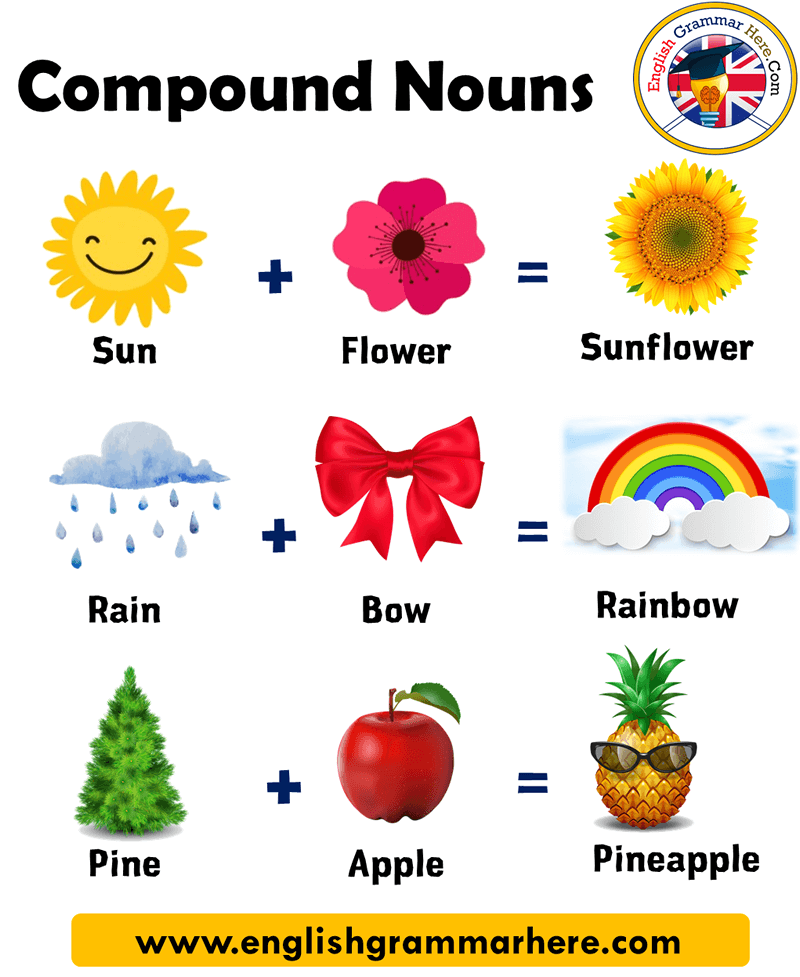

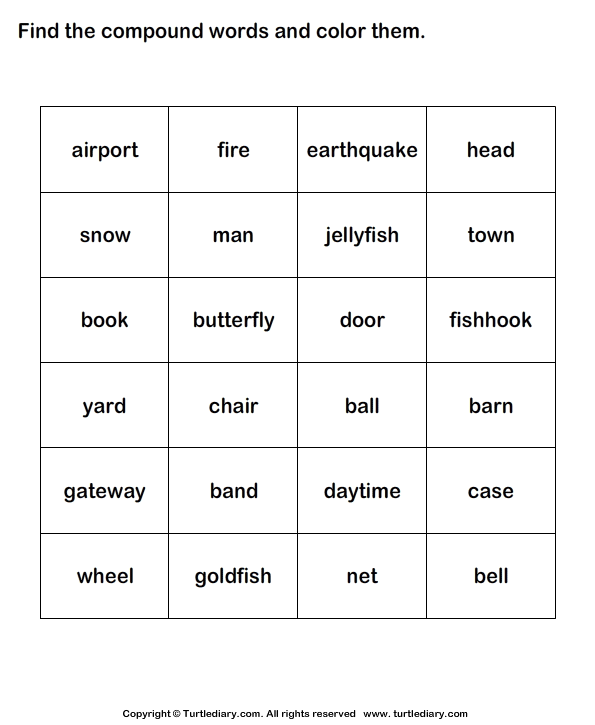
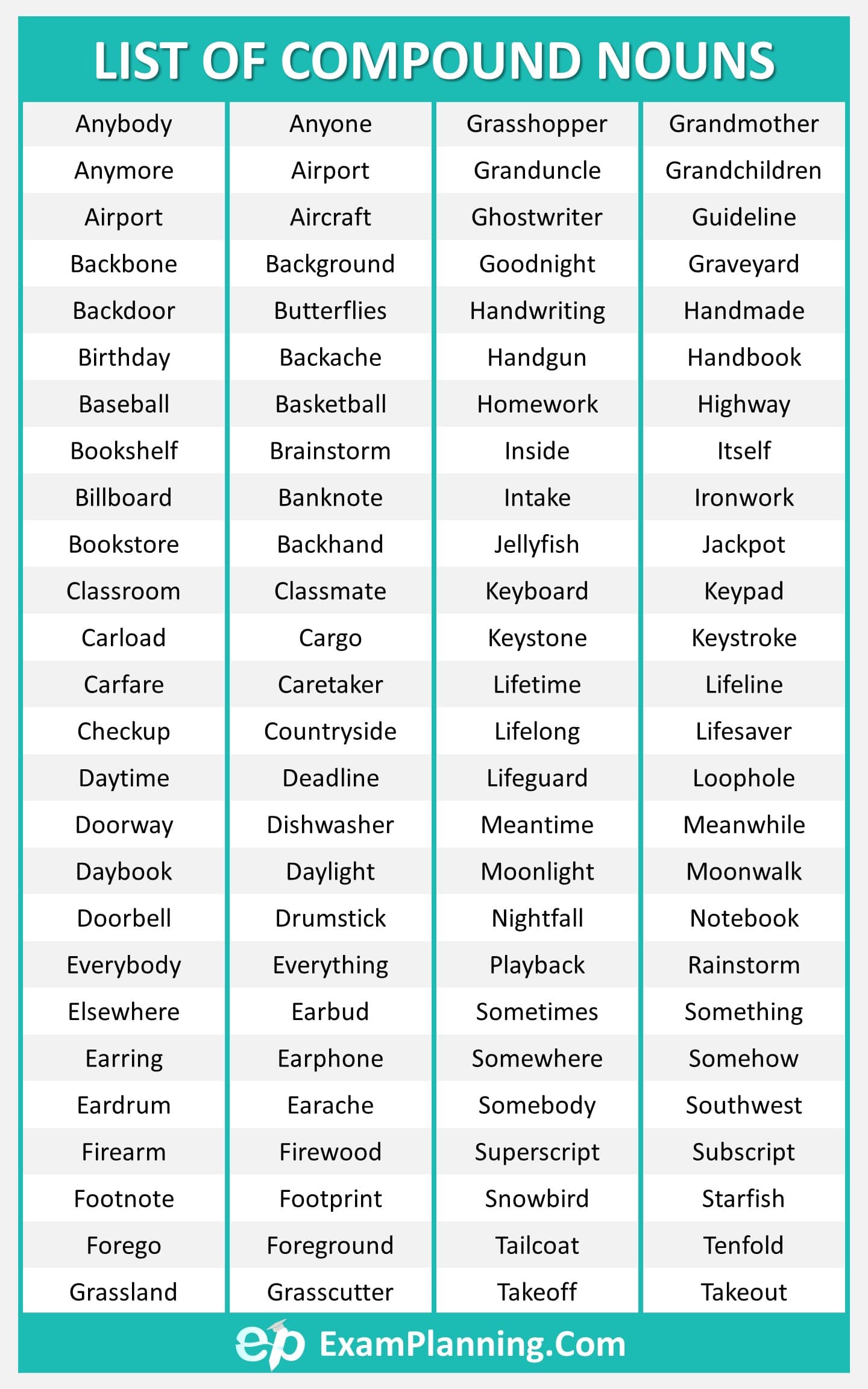 Everyone was struck by the beauty of the mountain river. ________________ raised thousands of sprays. And at night in the sky we observed another interesting phenomenon - _________________.
Everyone was struck by the beauty of the mountain river. ________________ raised thousands of sprays. And at night in the sky we observed another interesting phenomenon - _________________. 